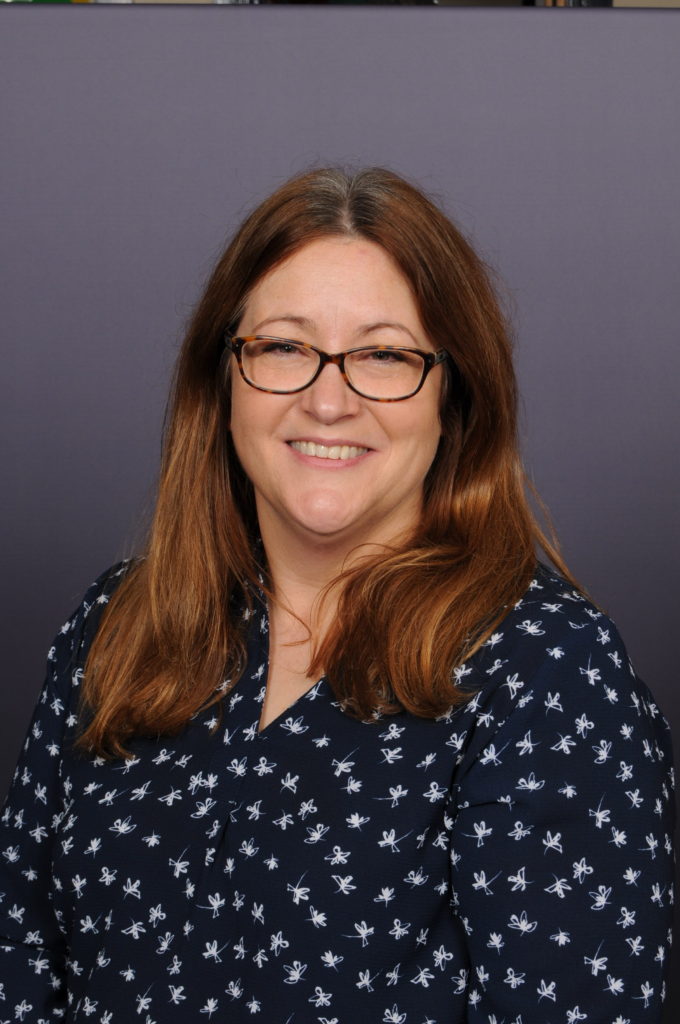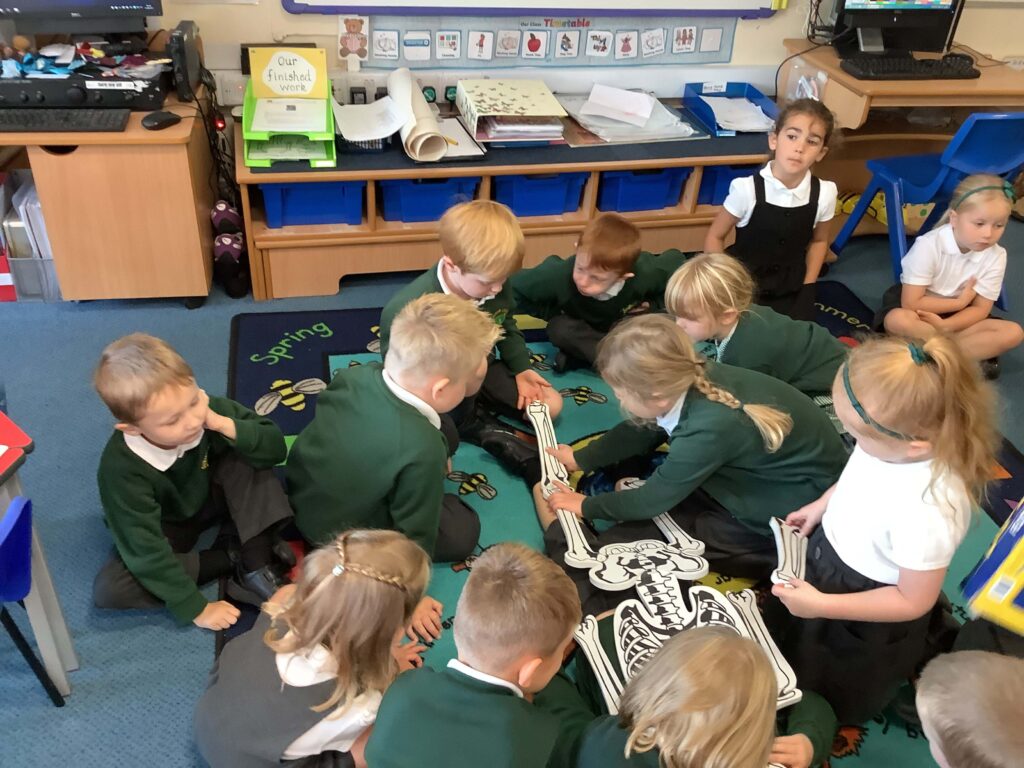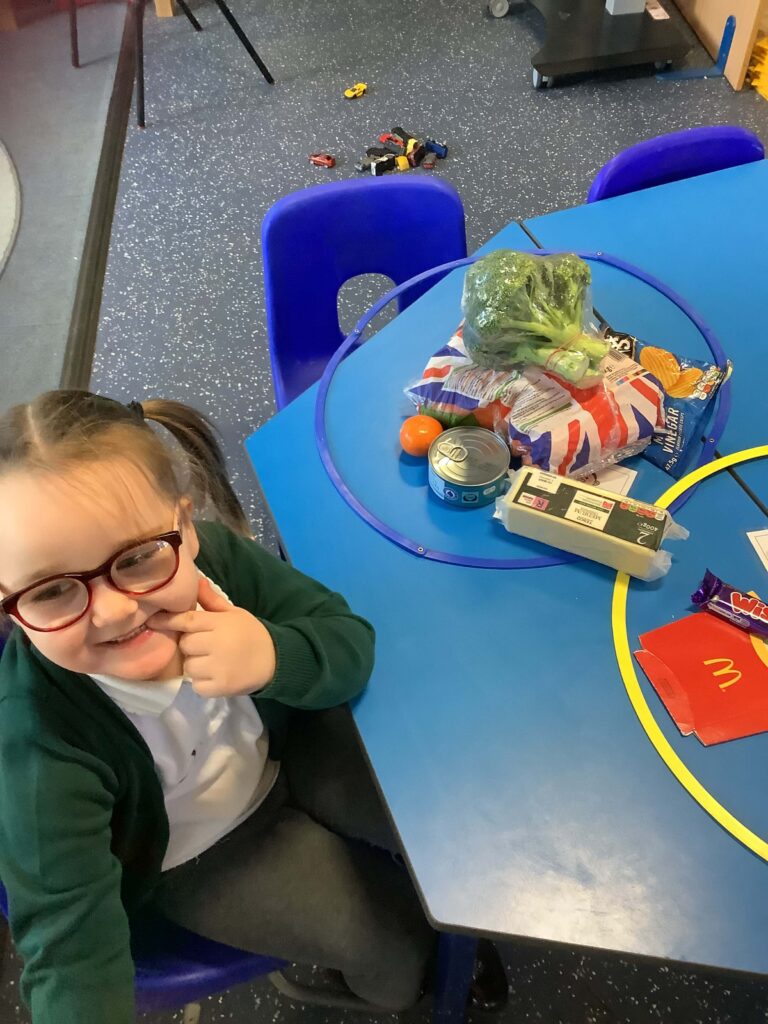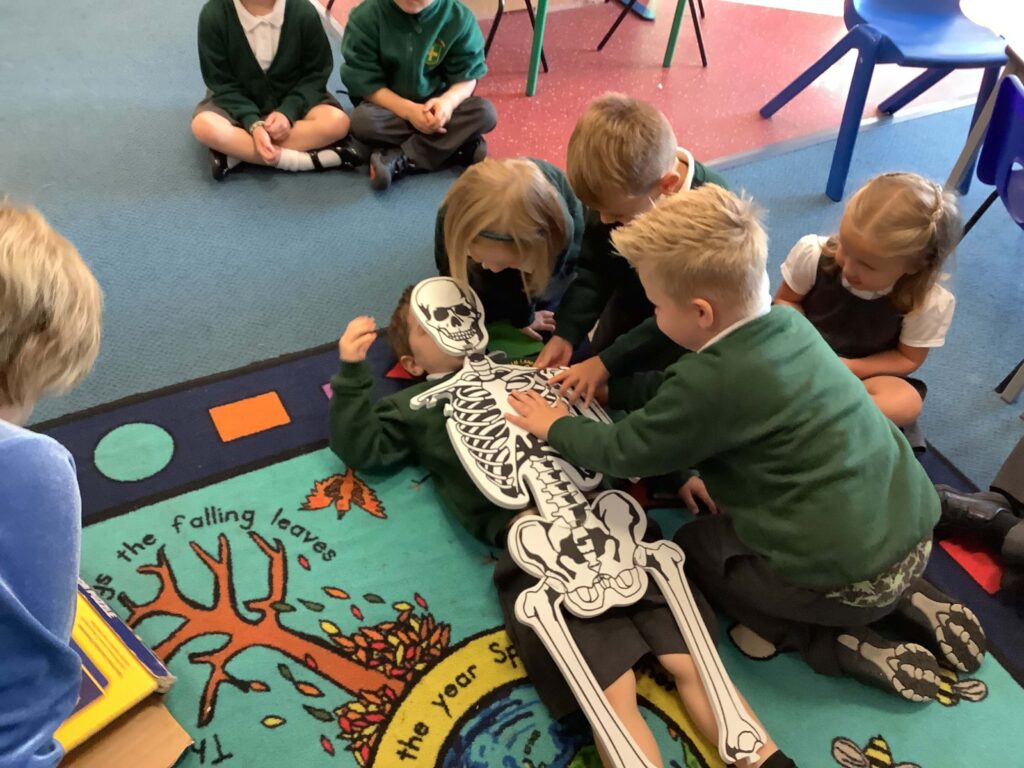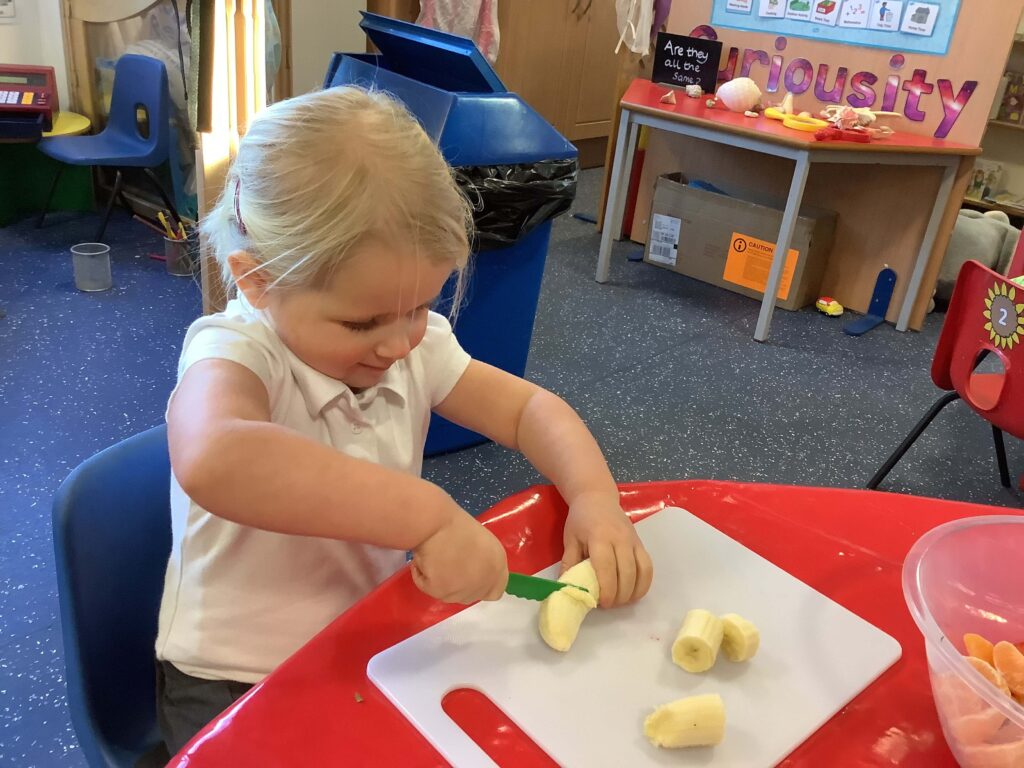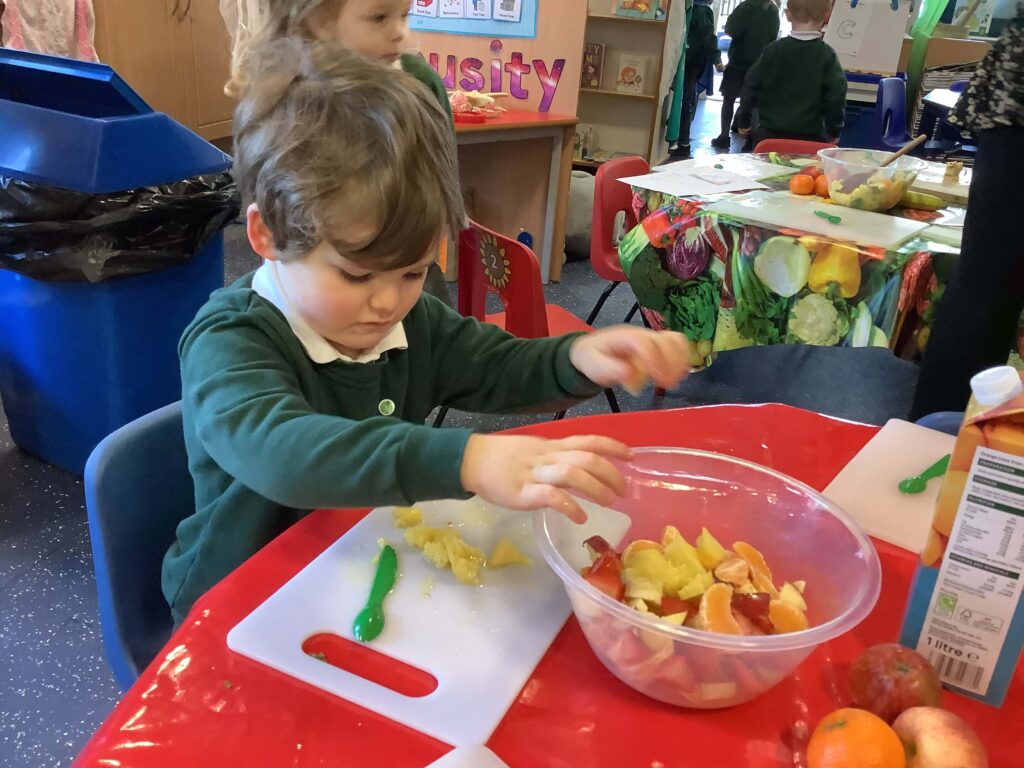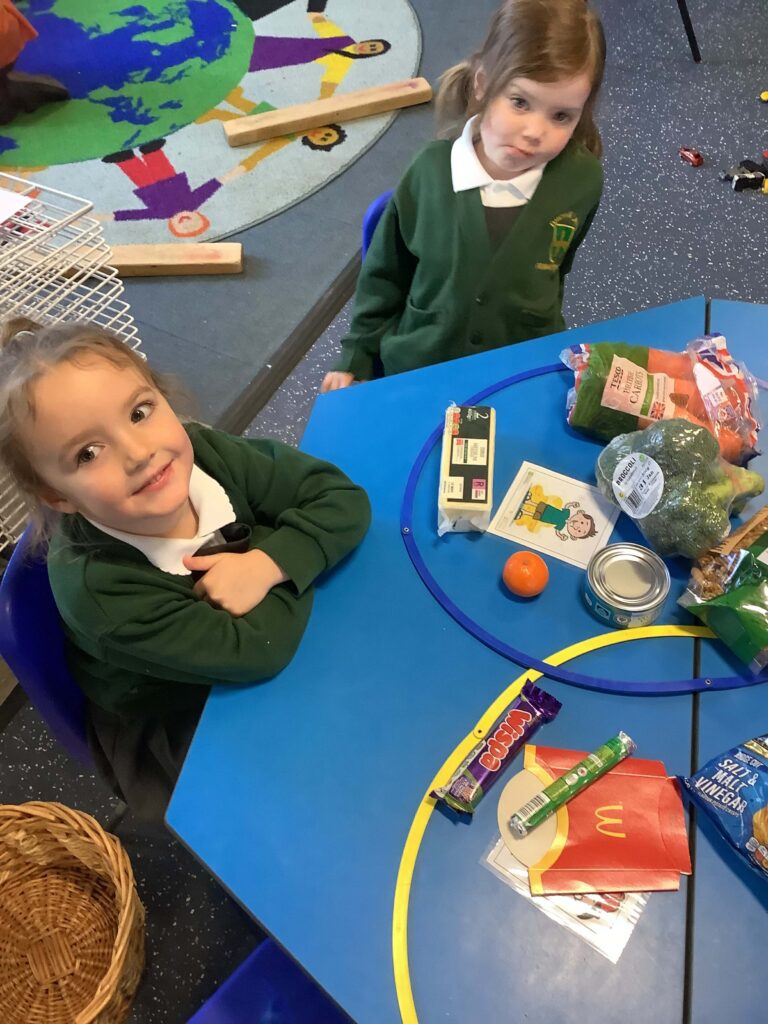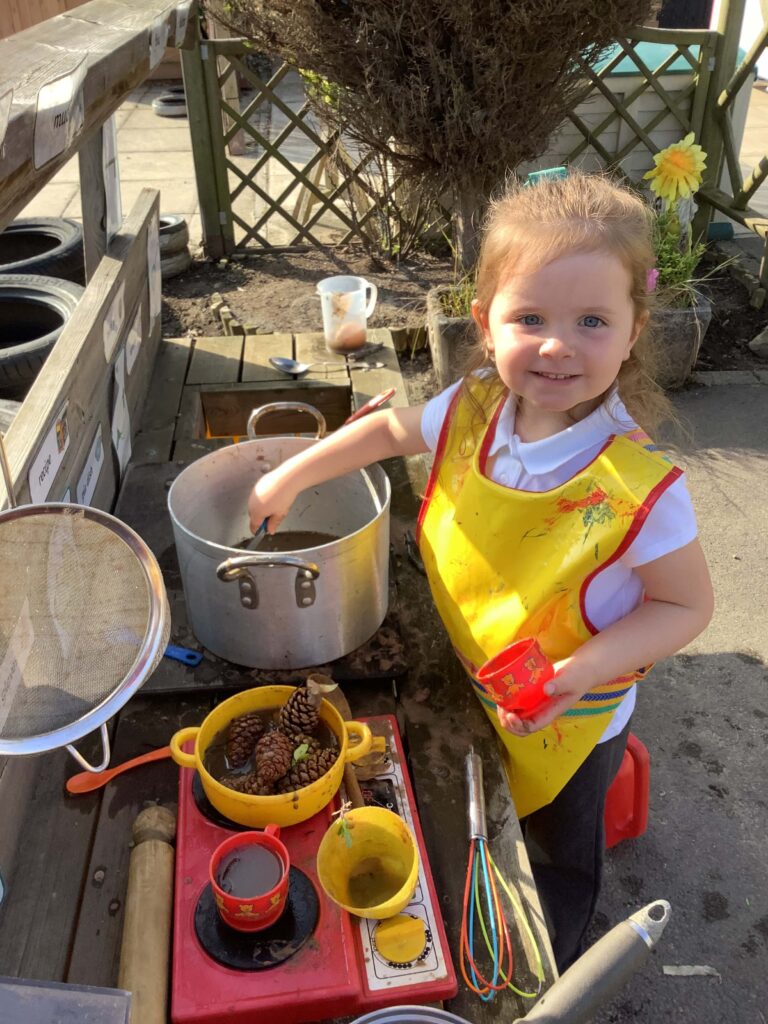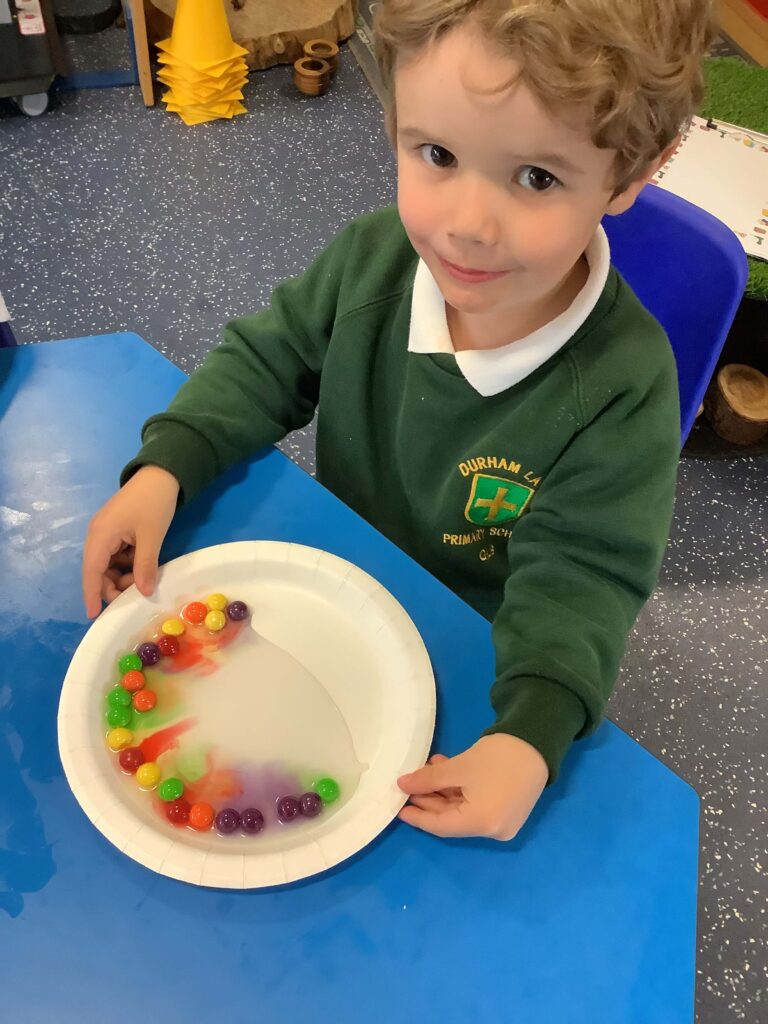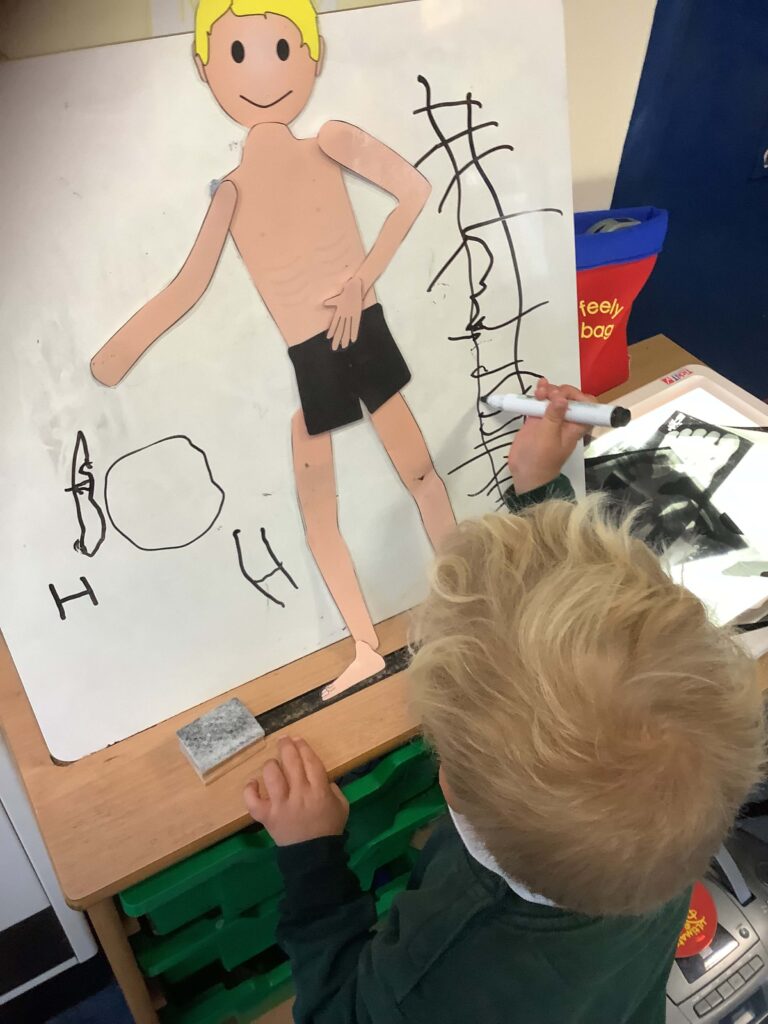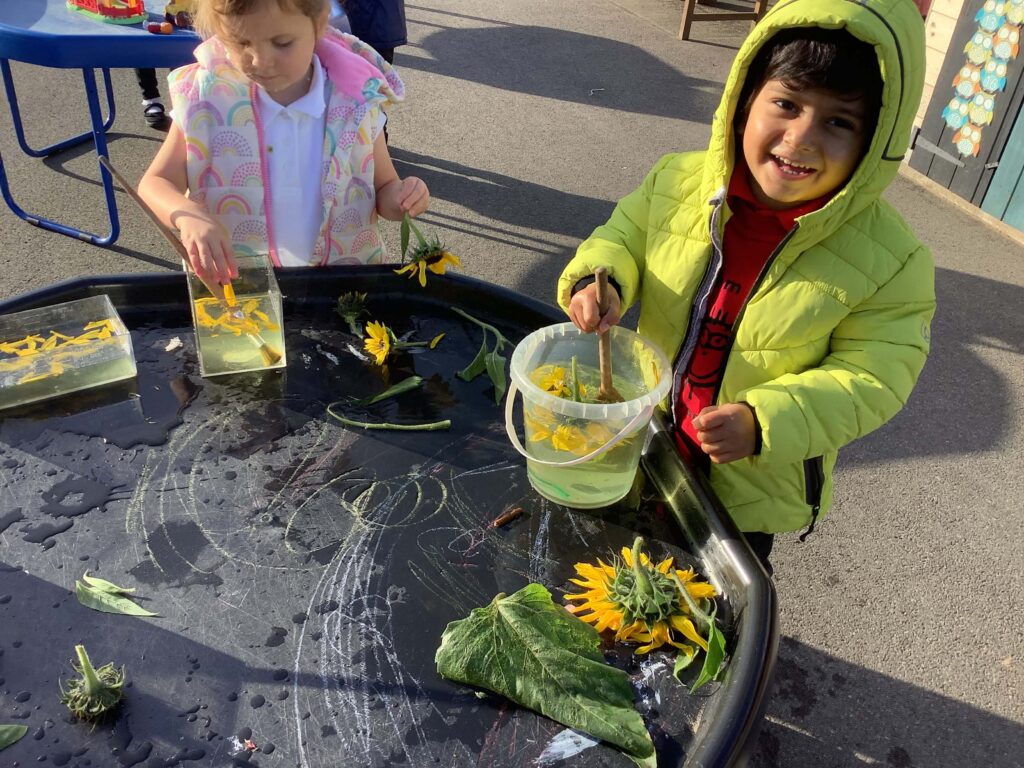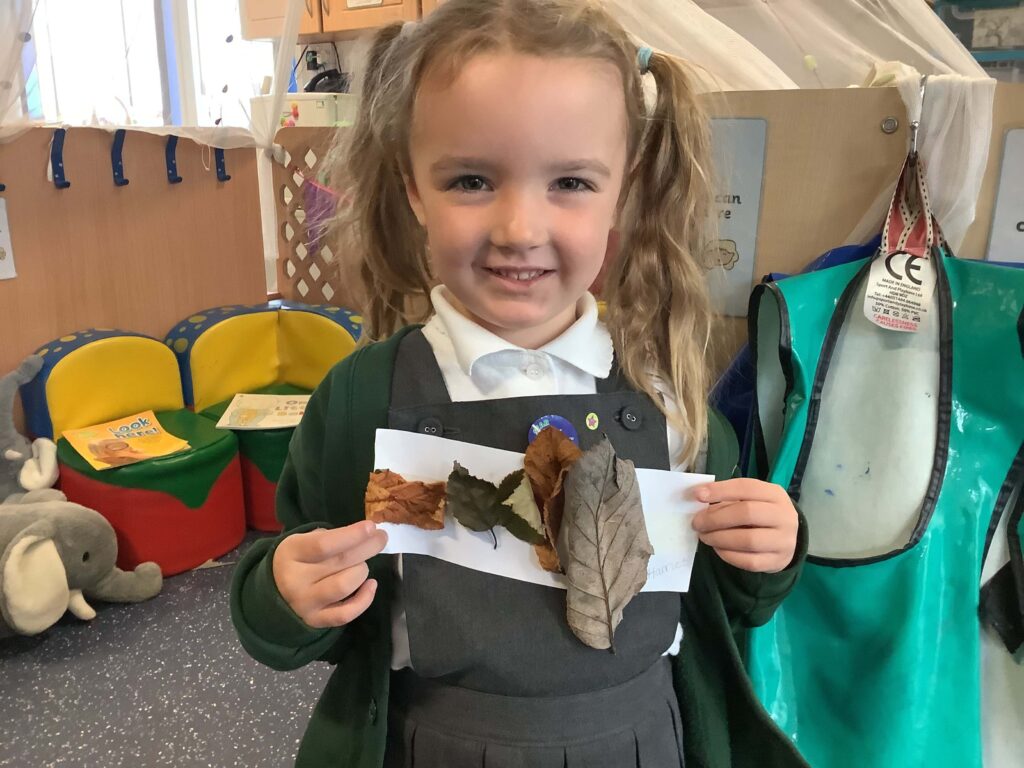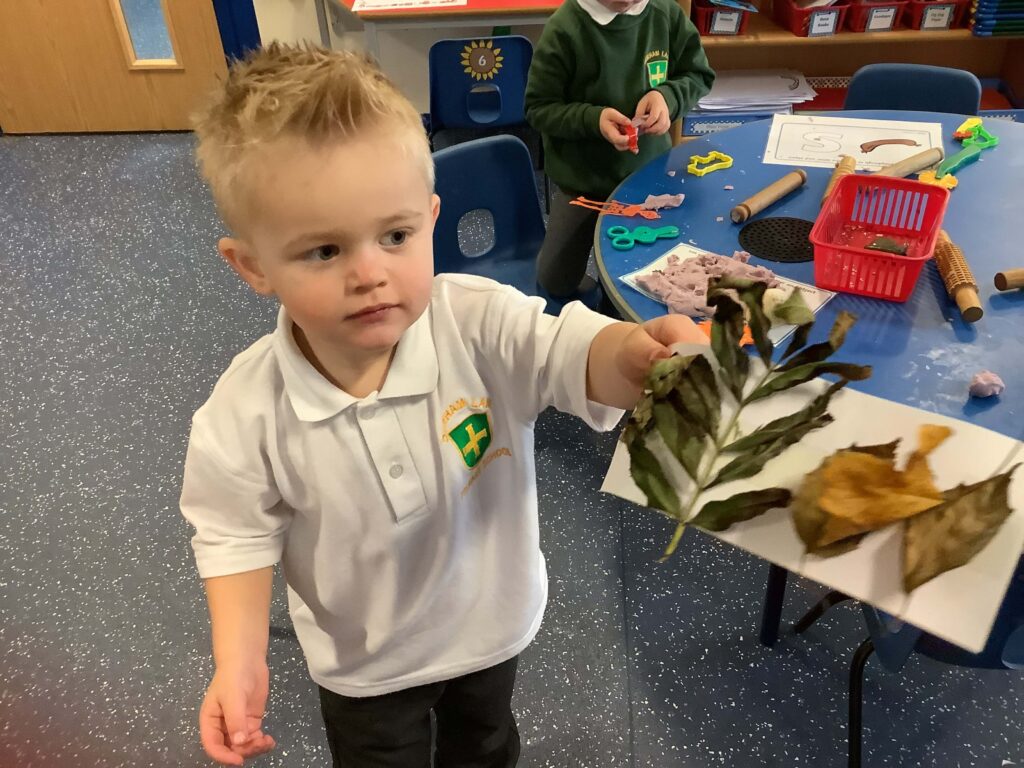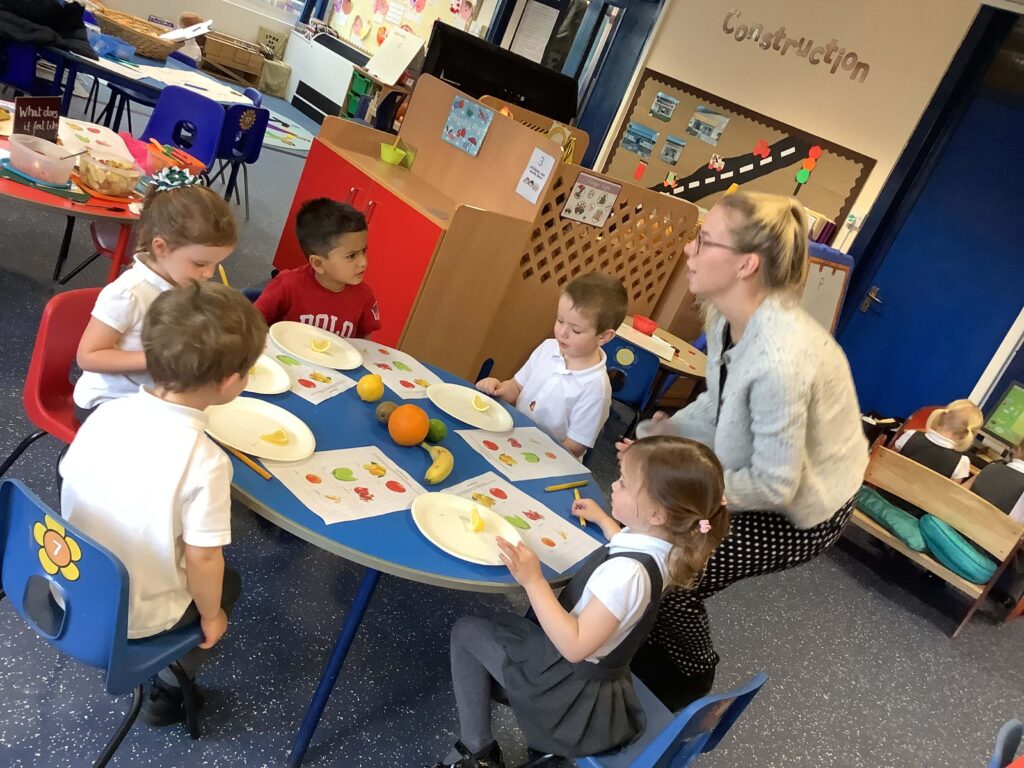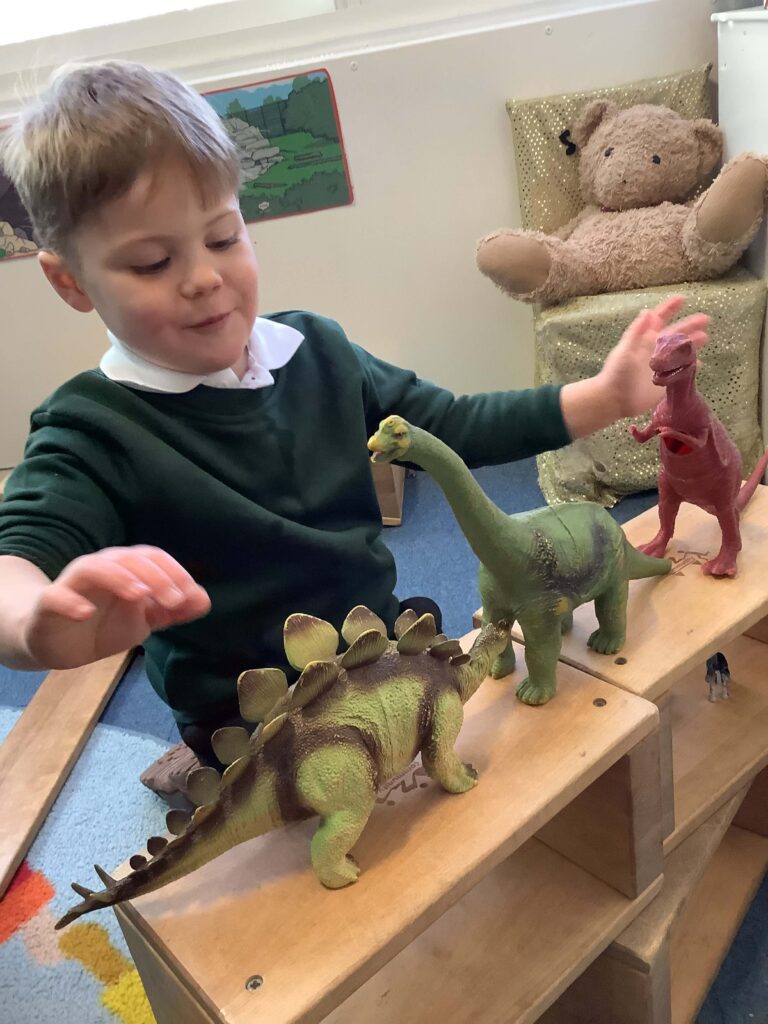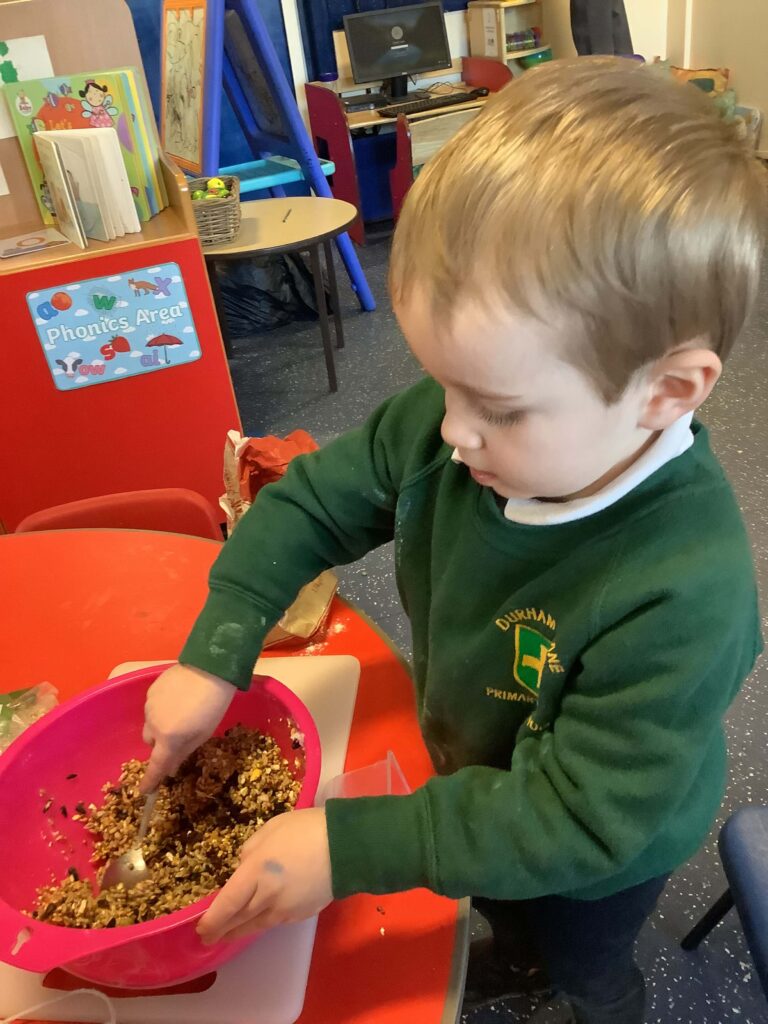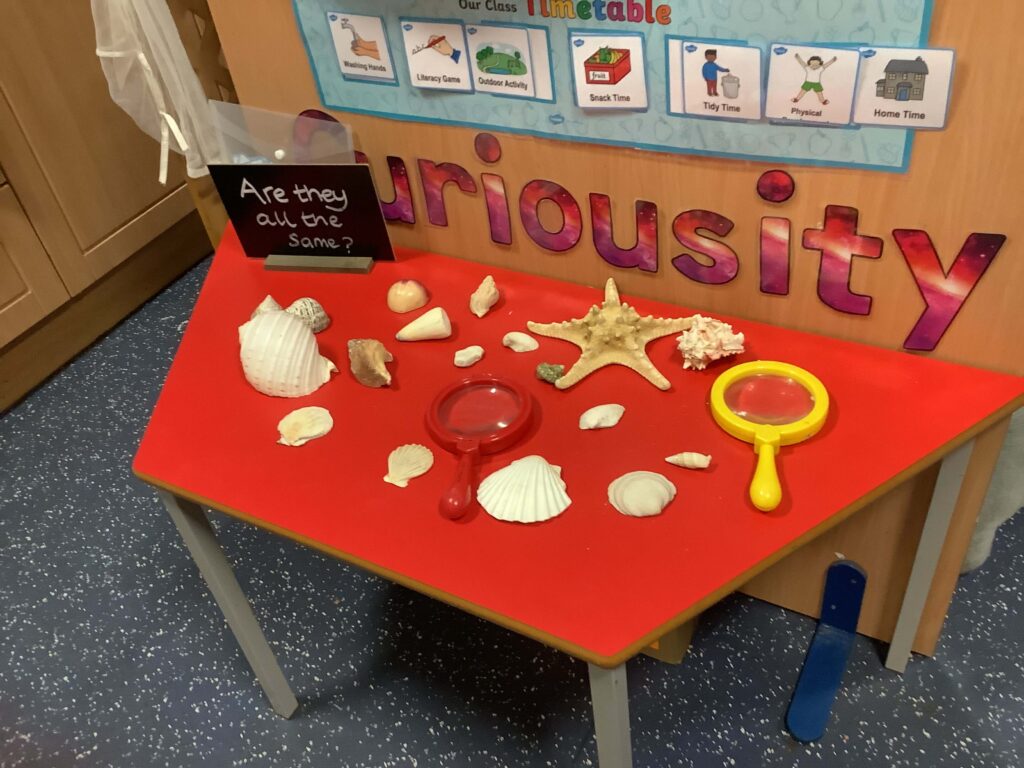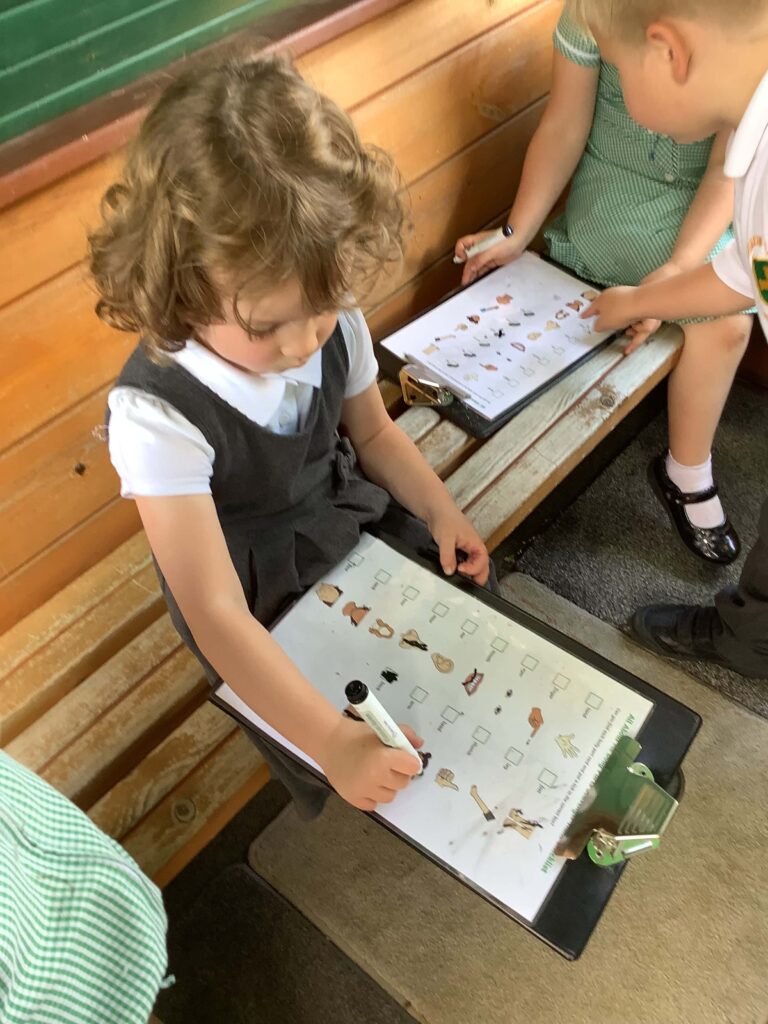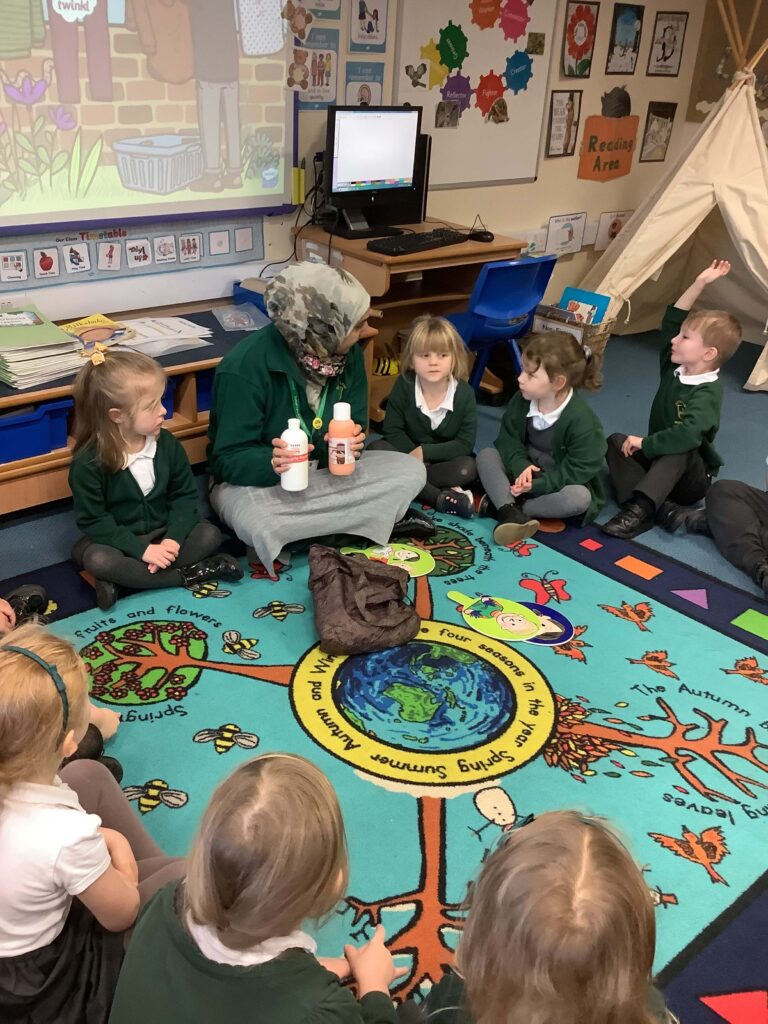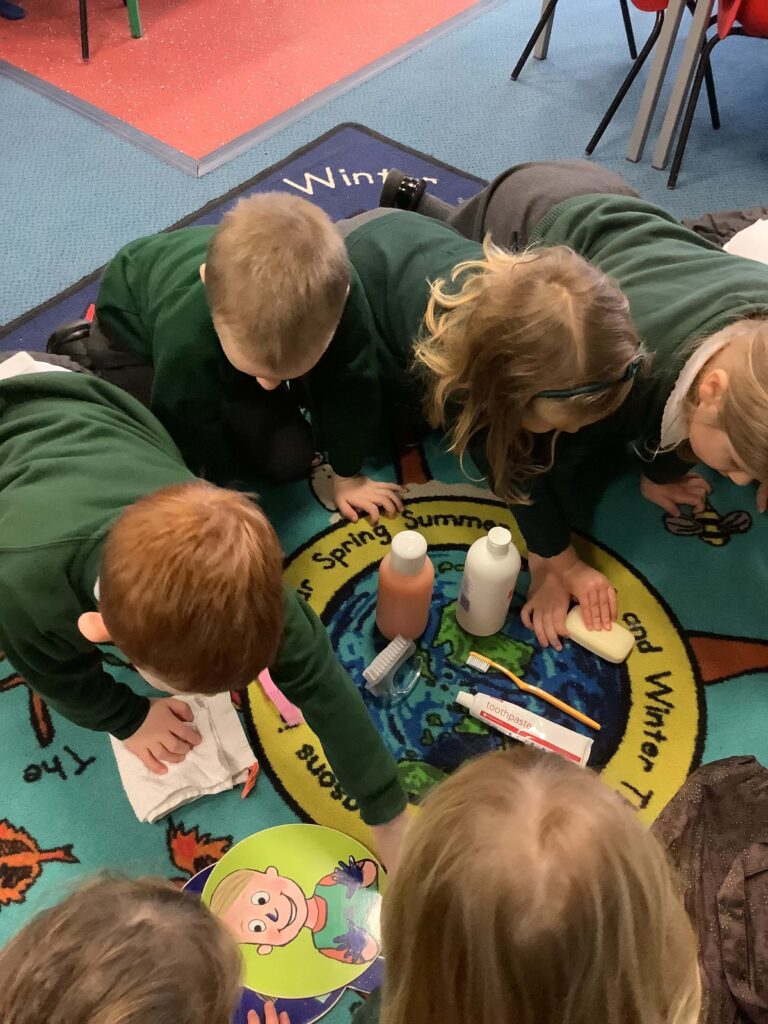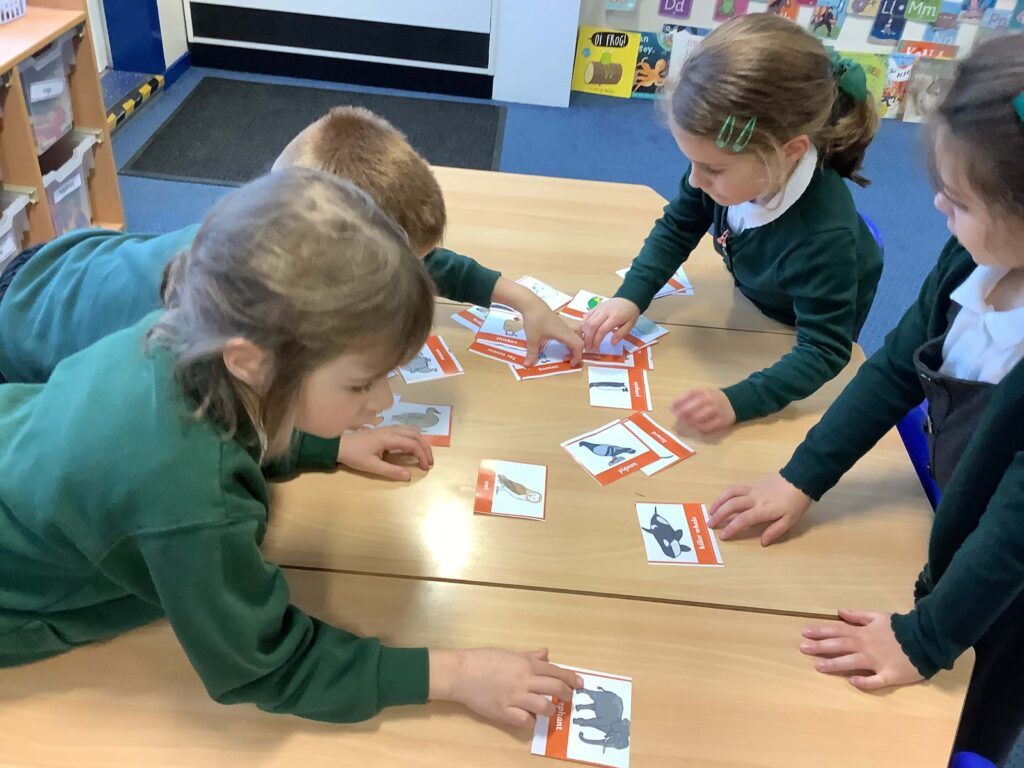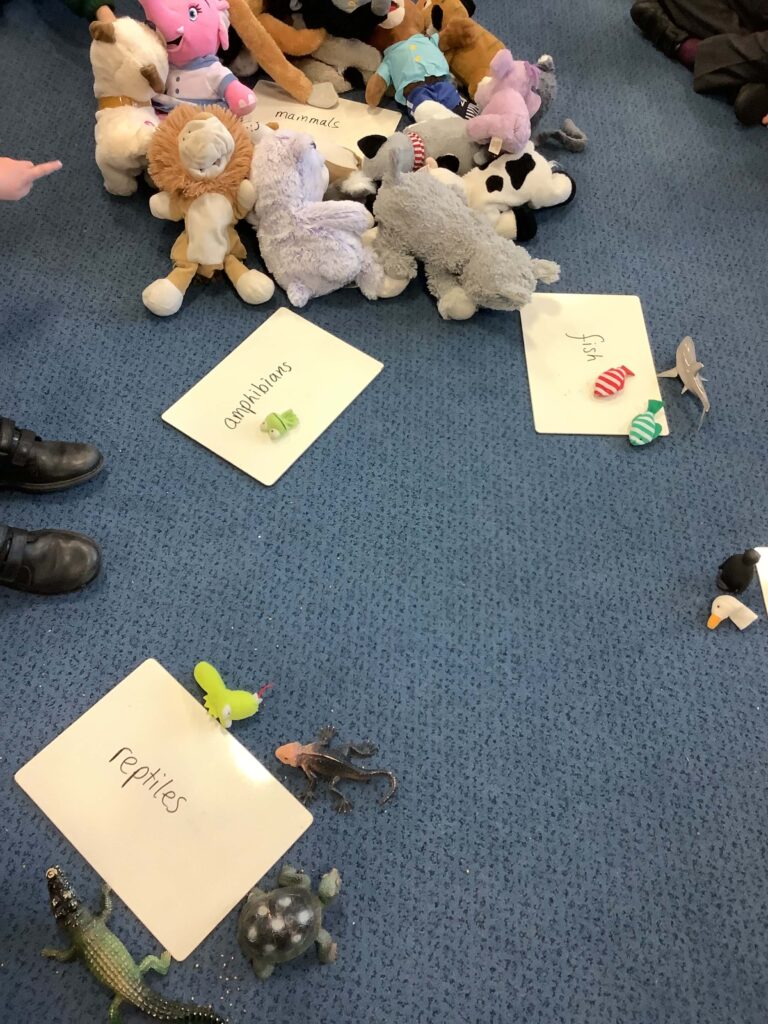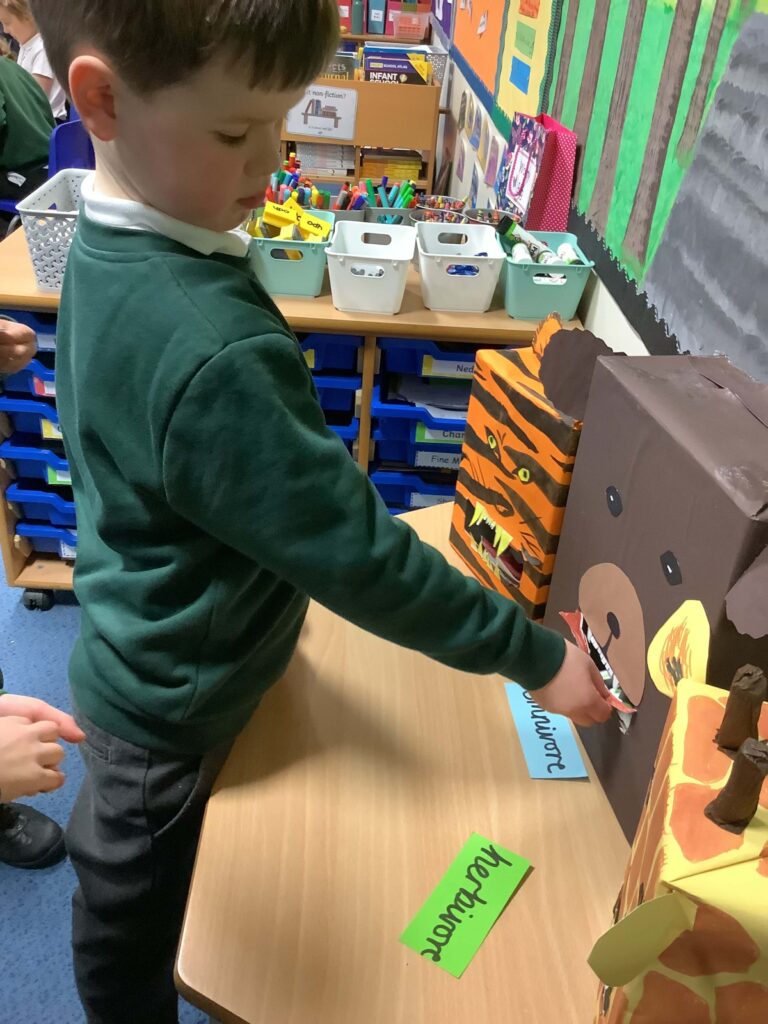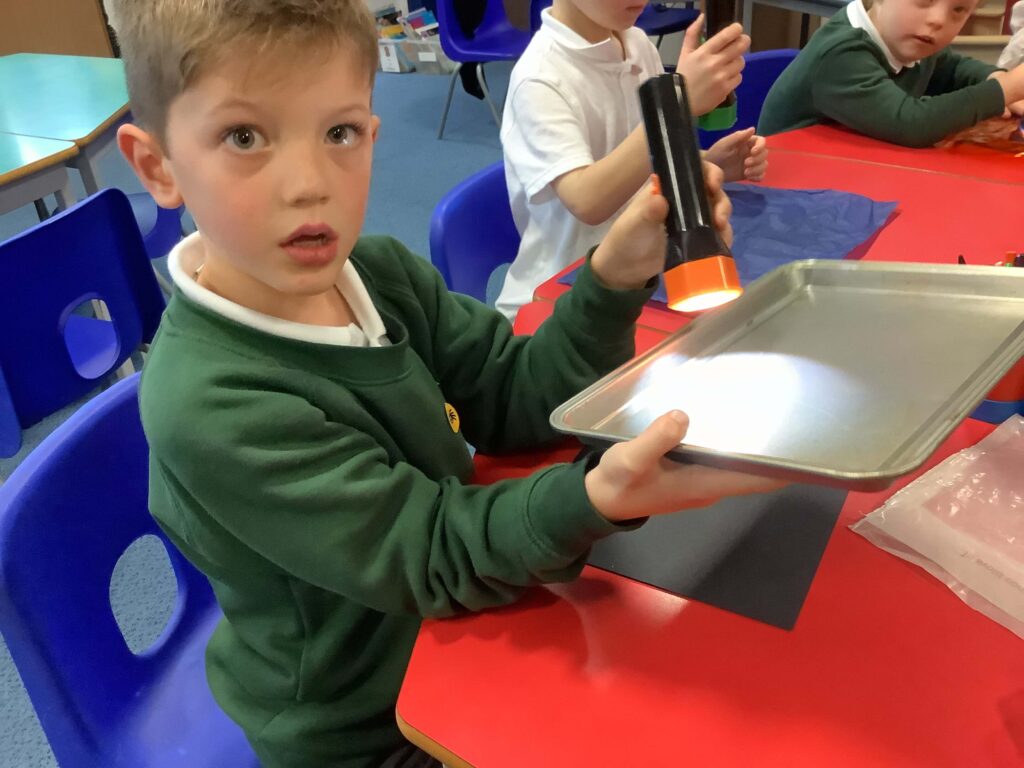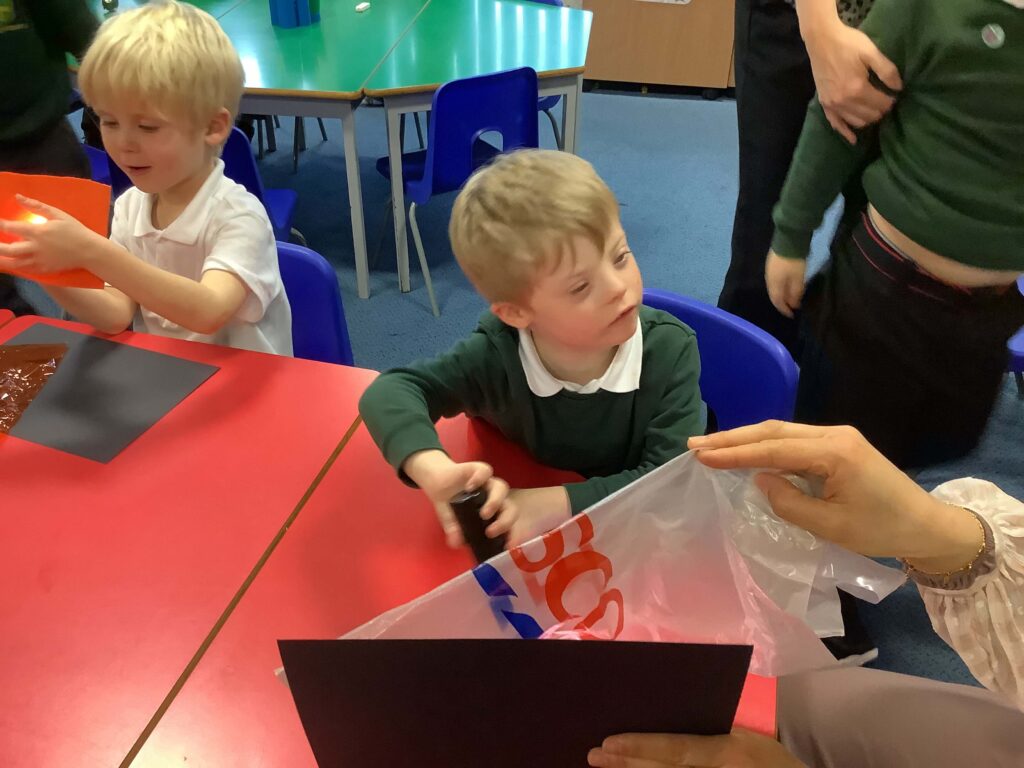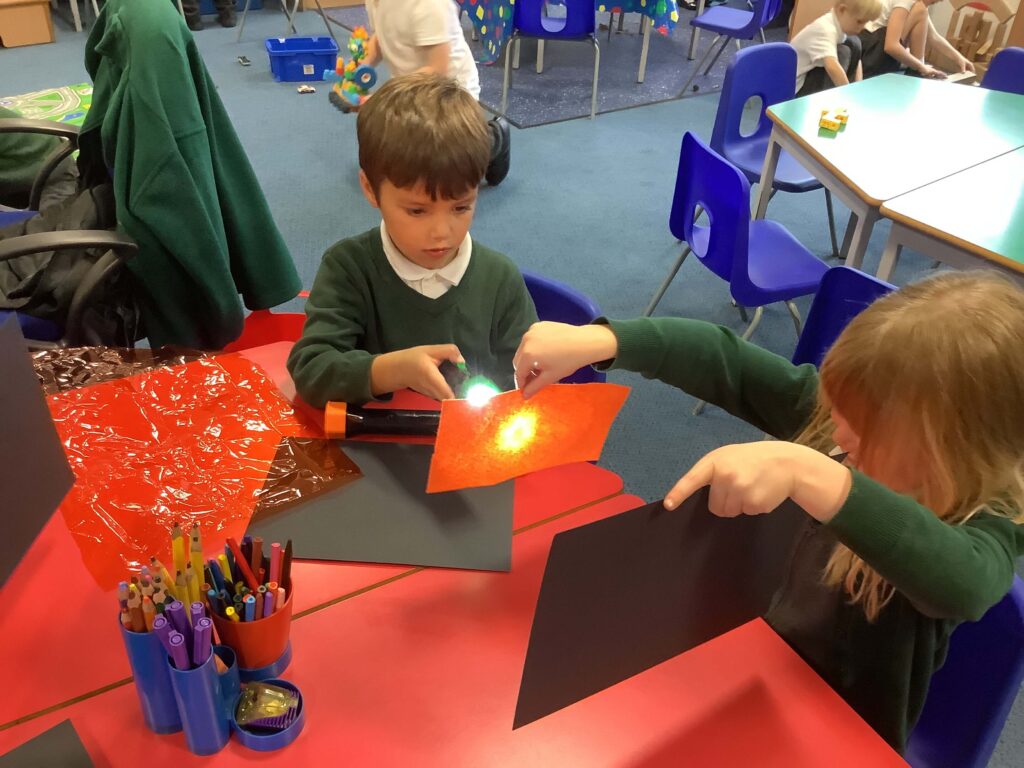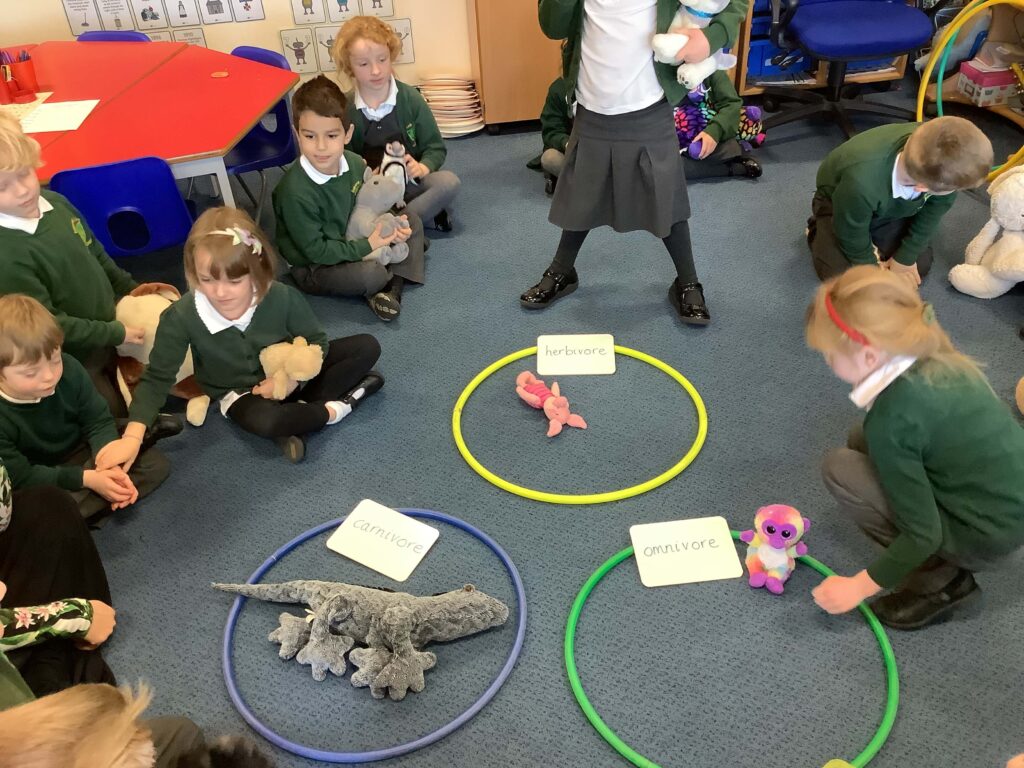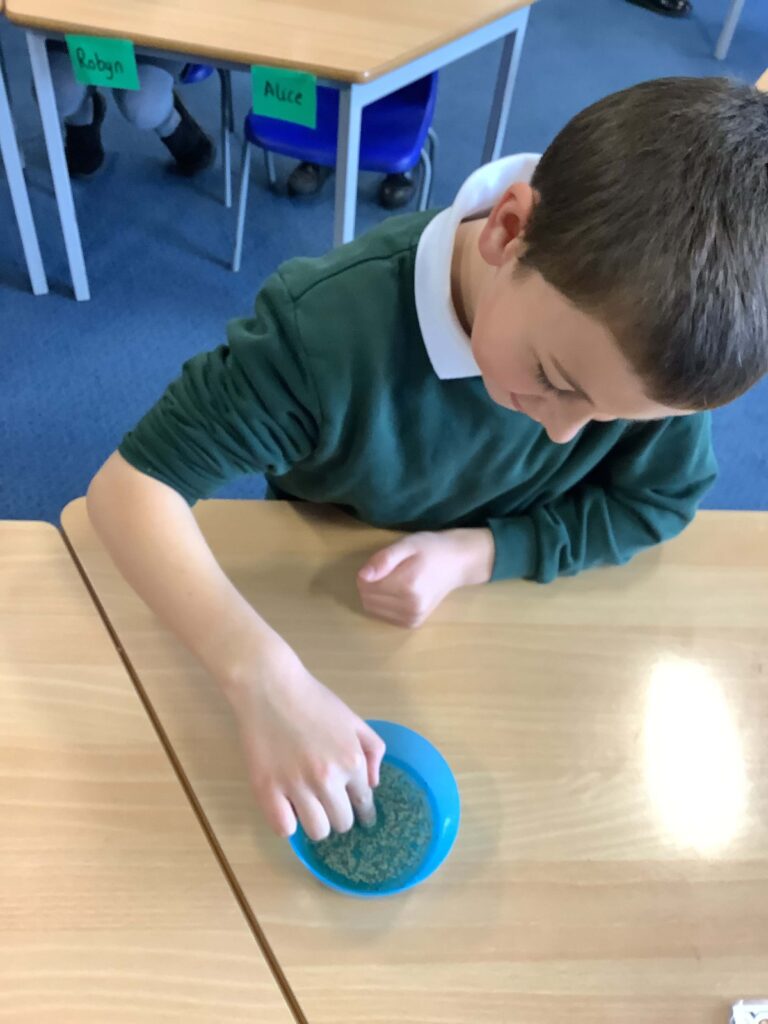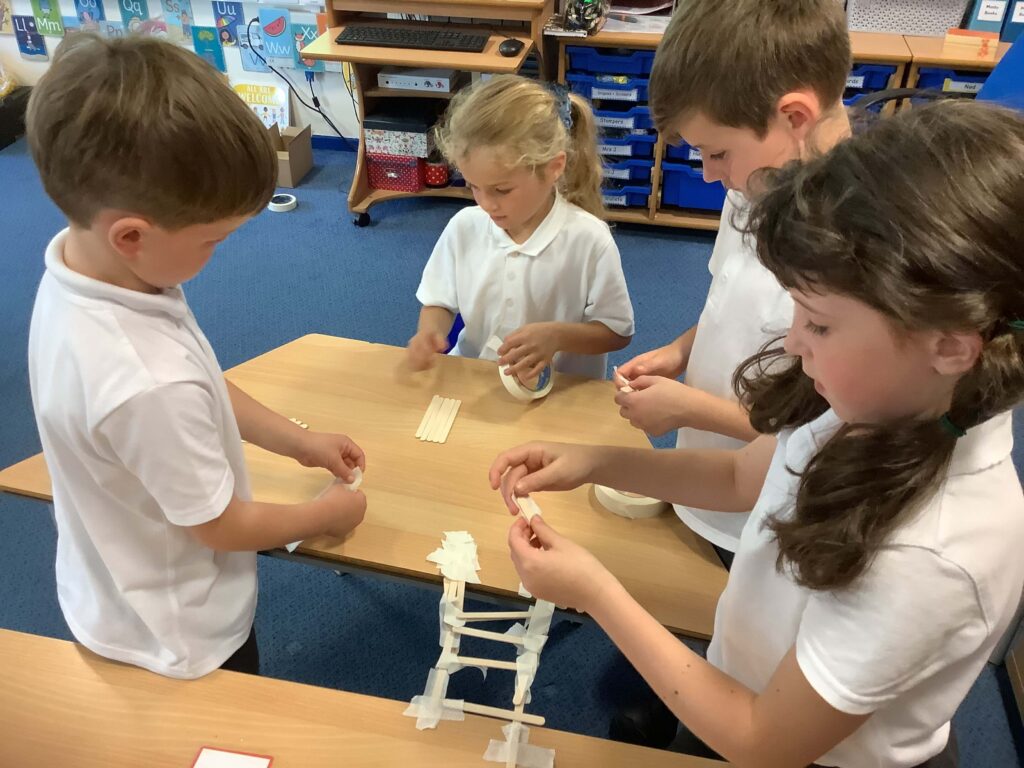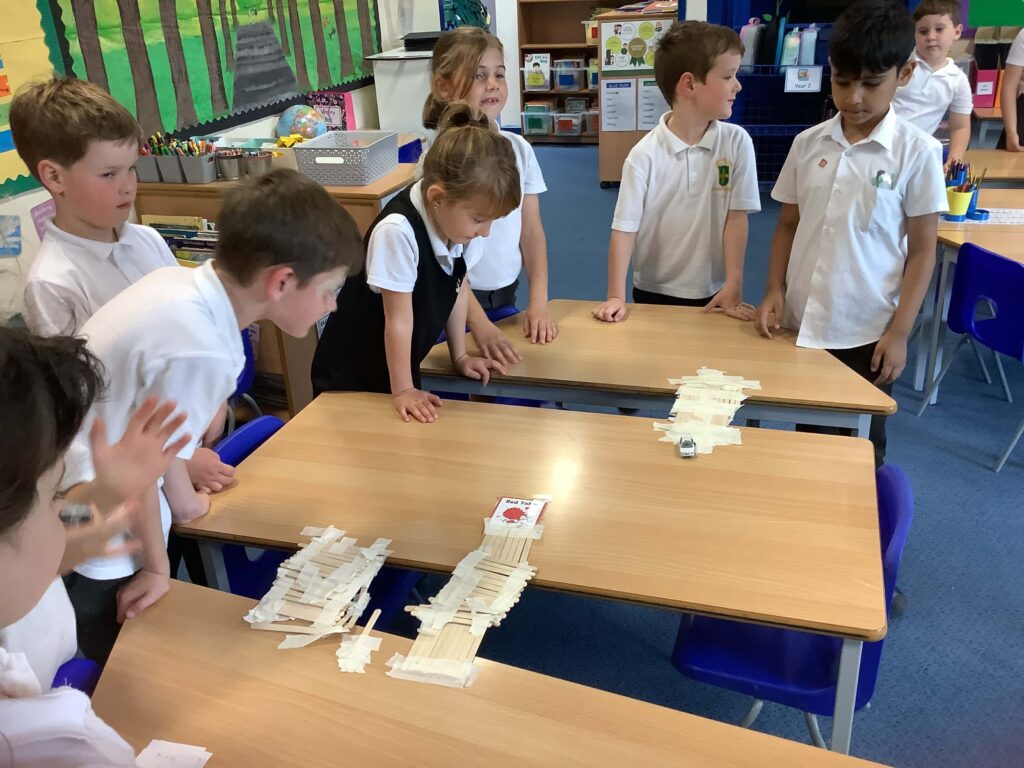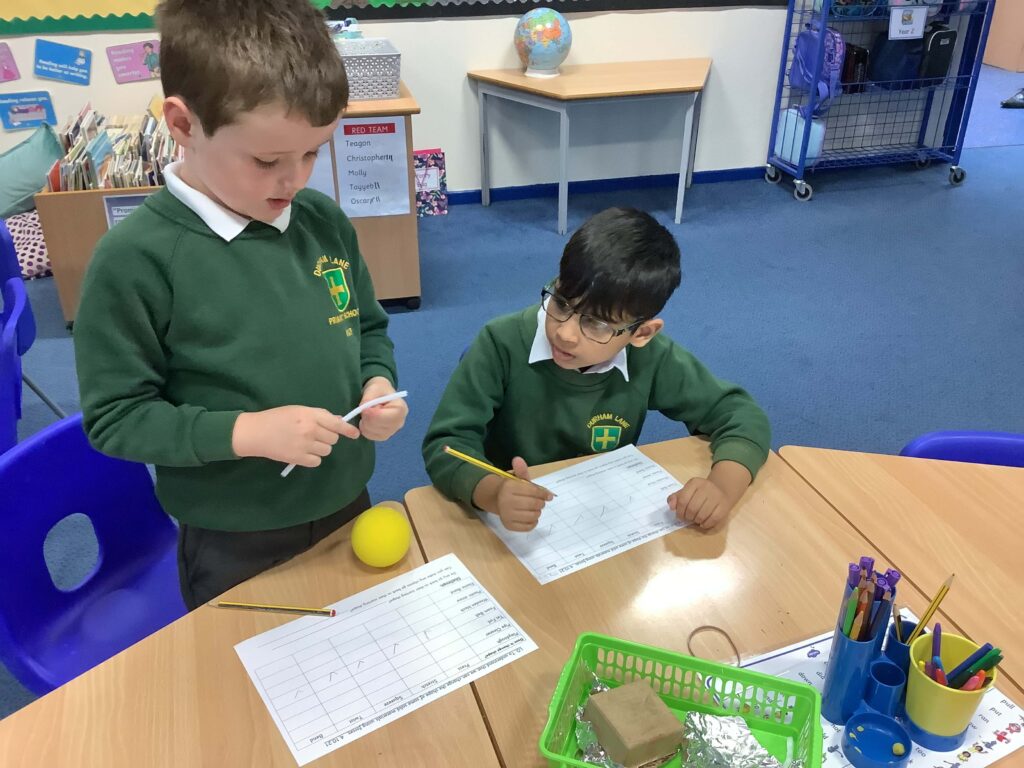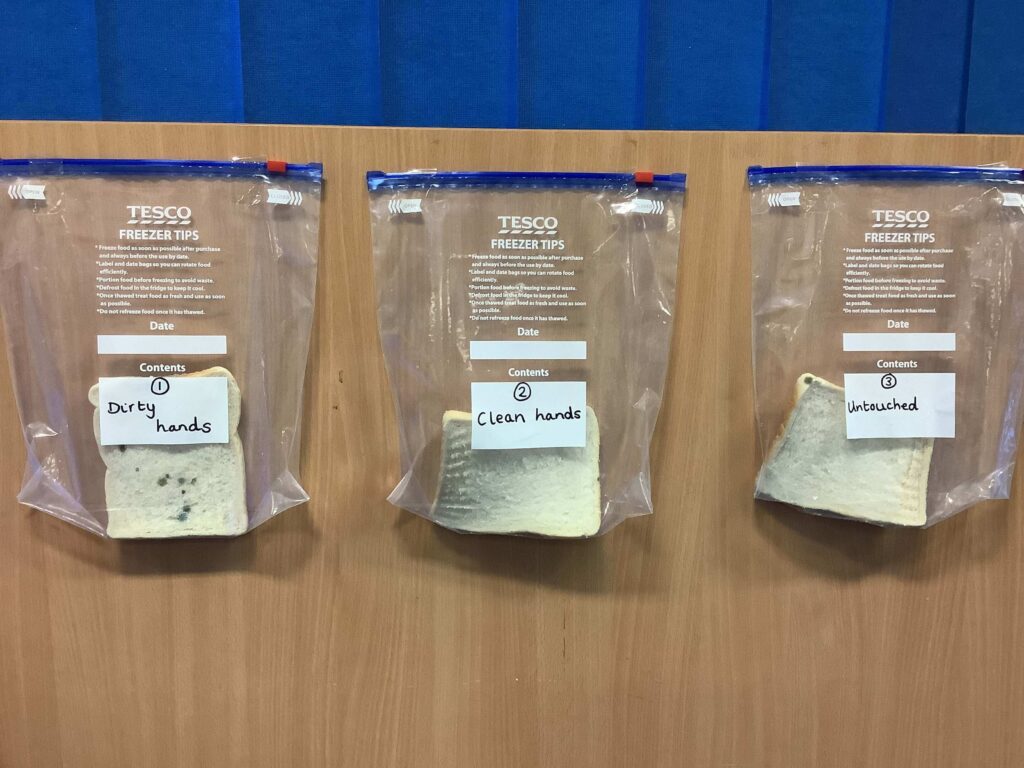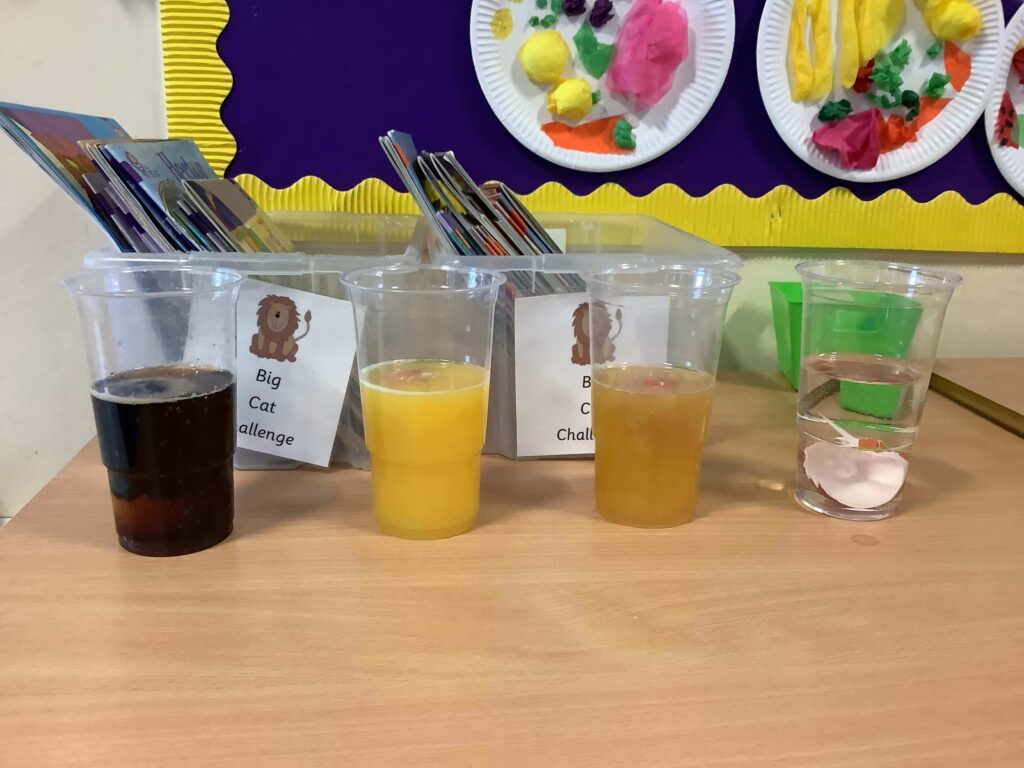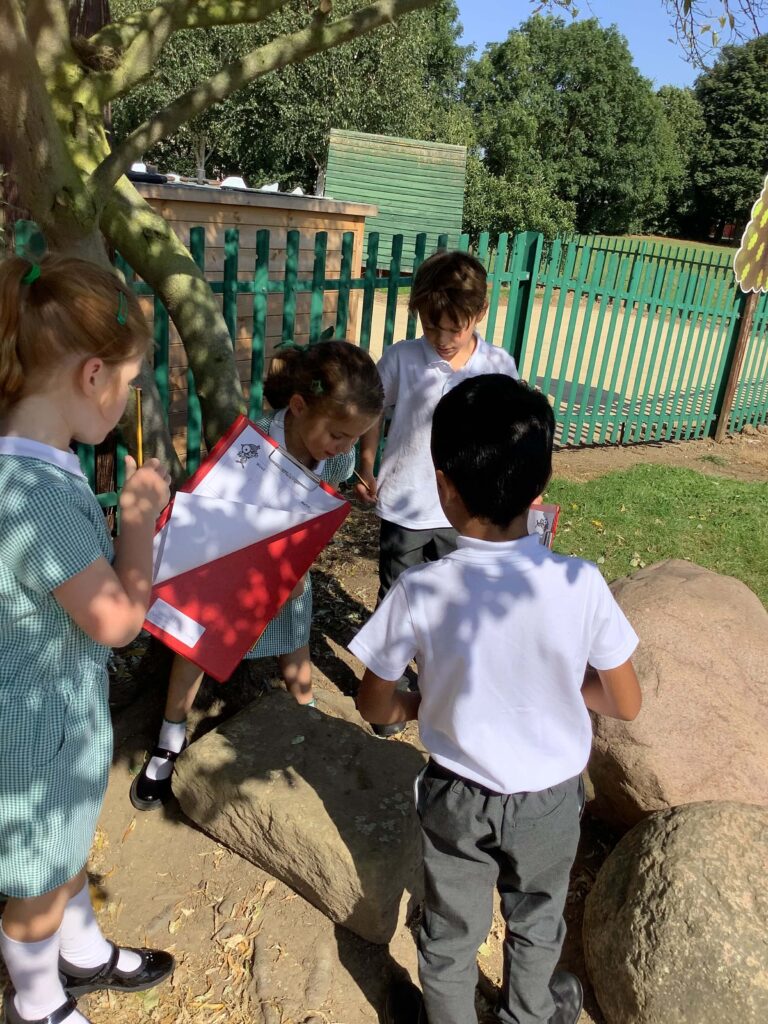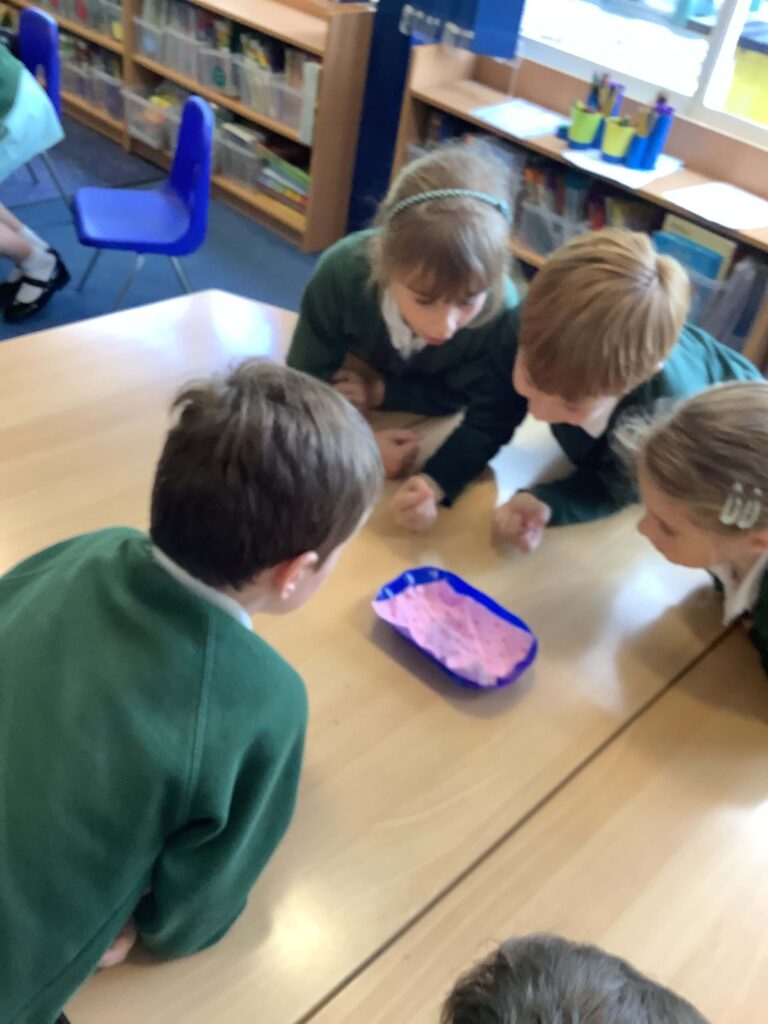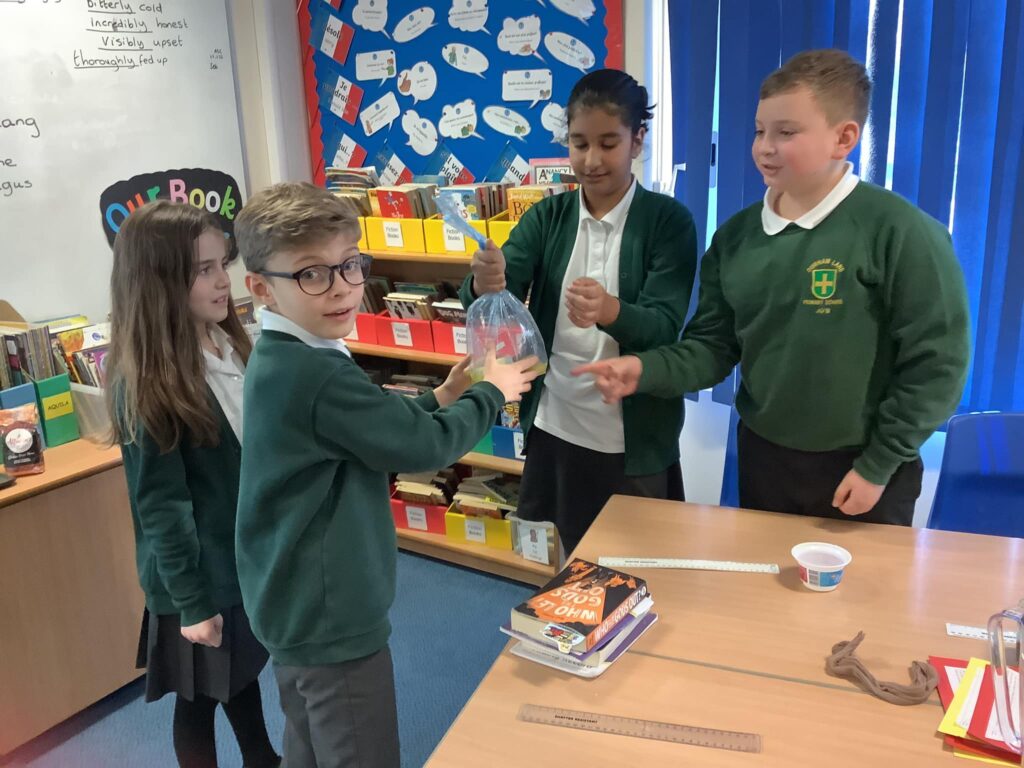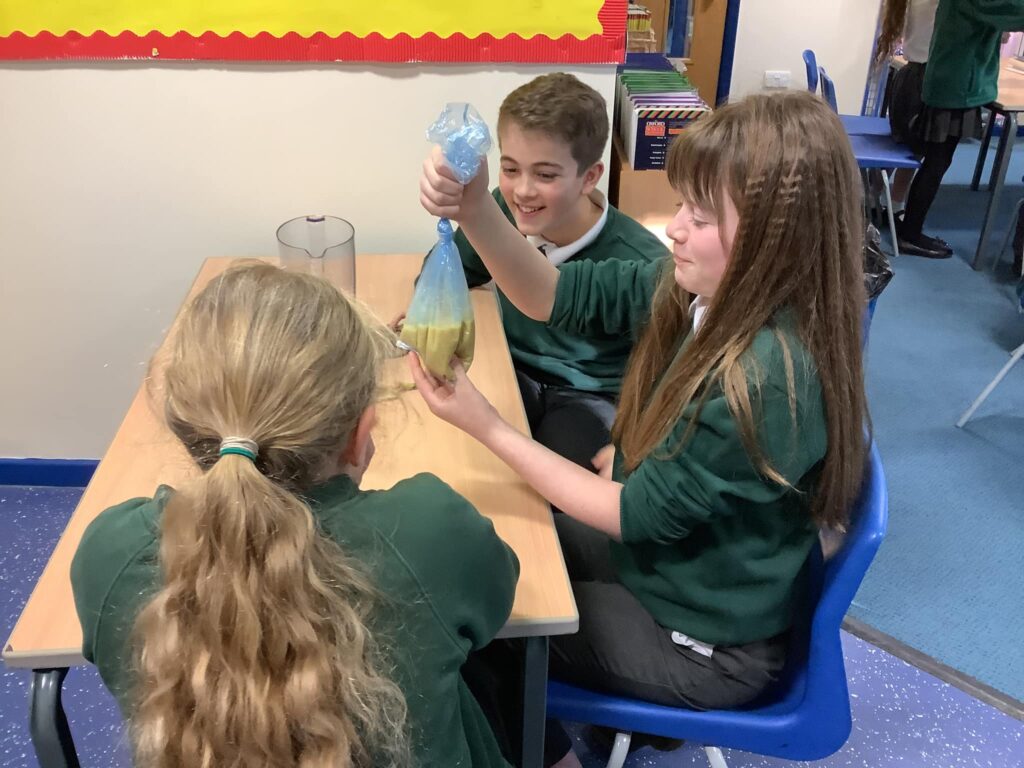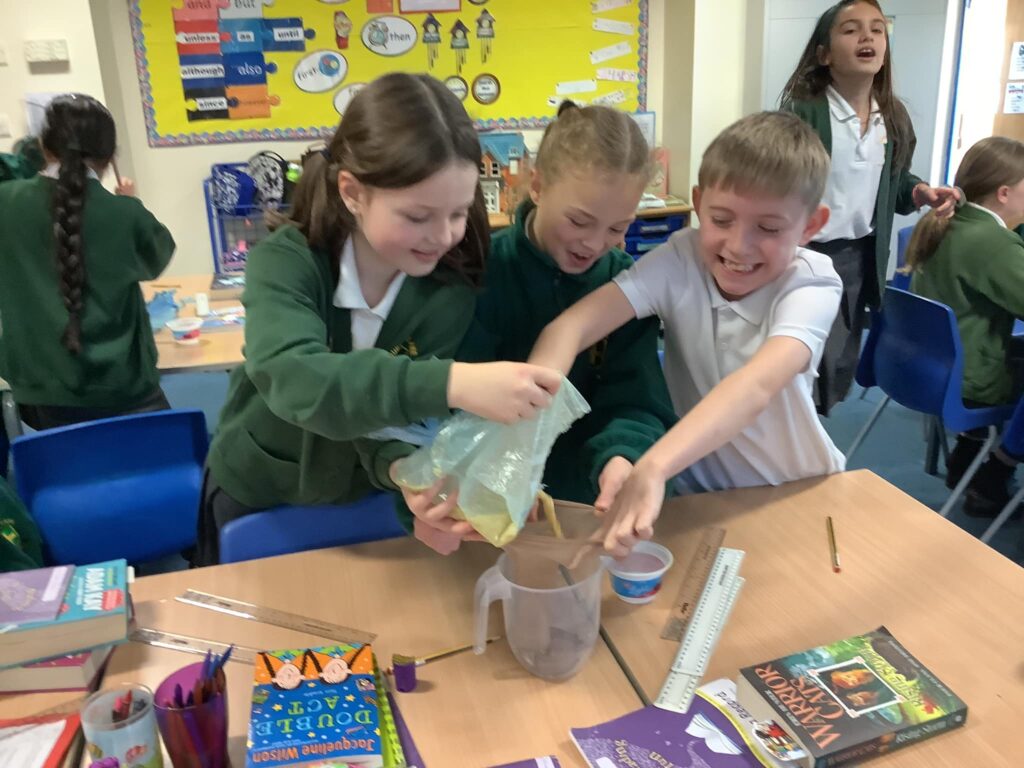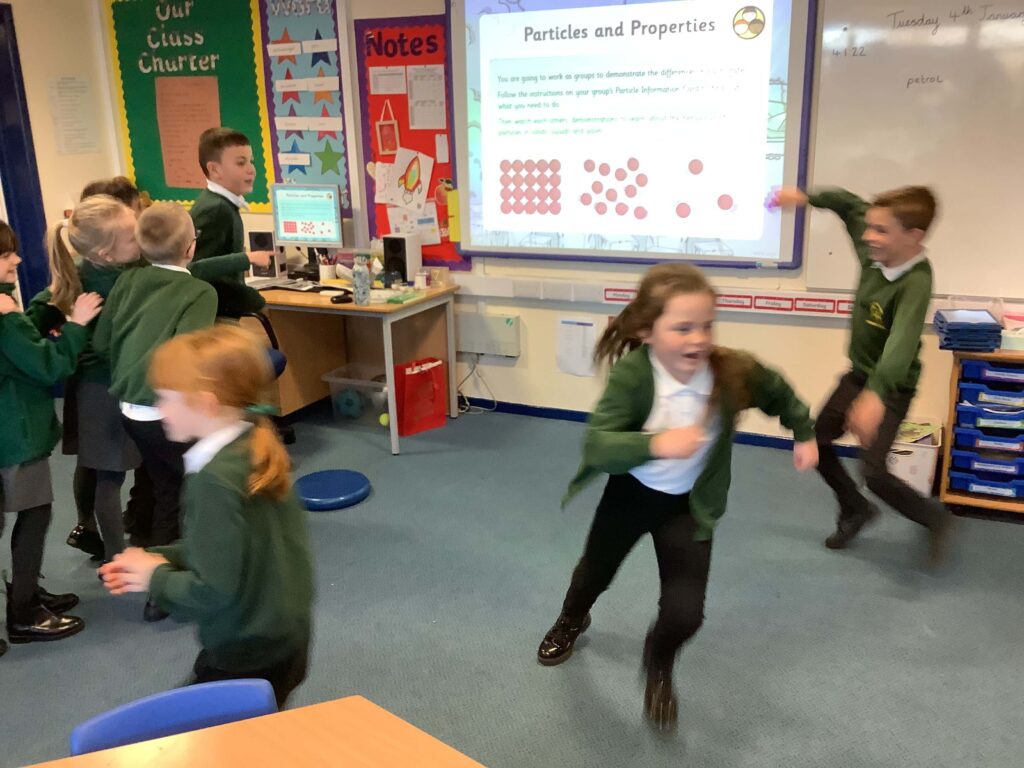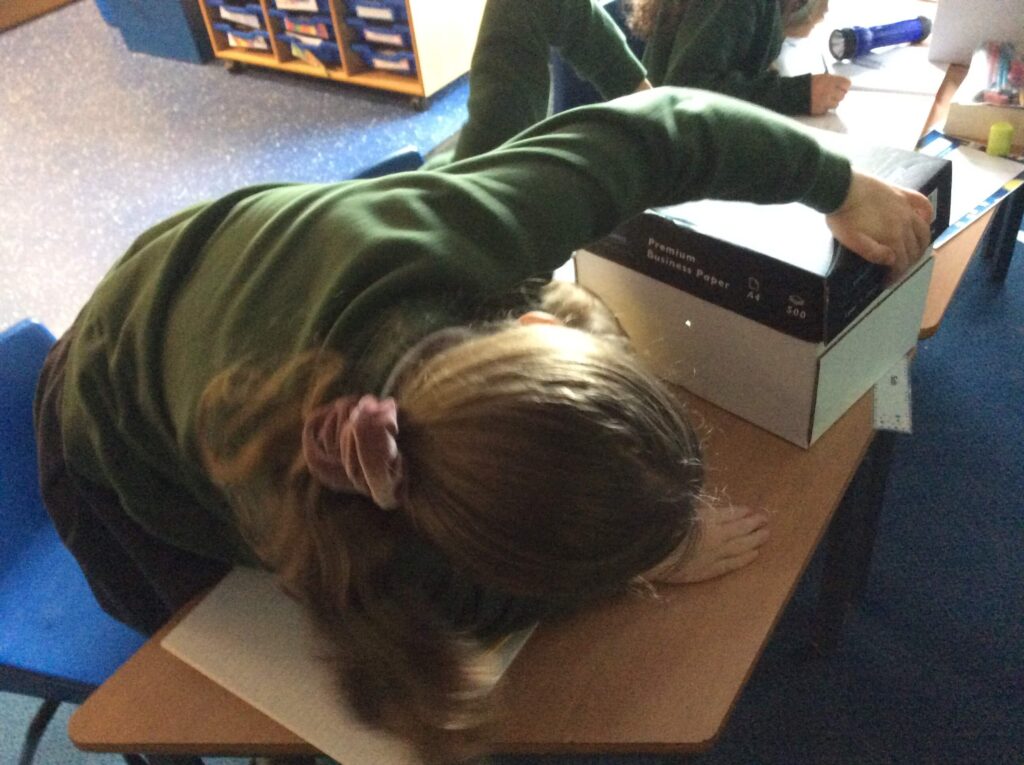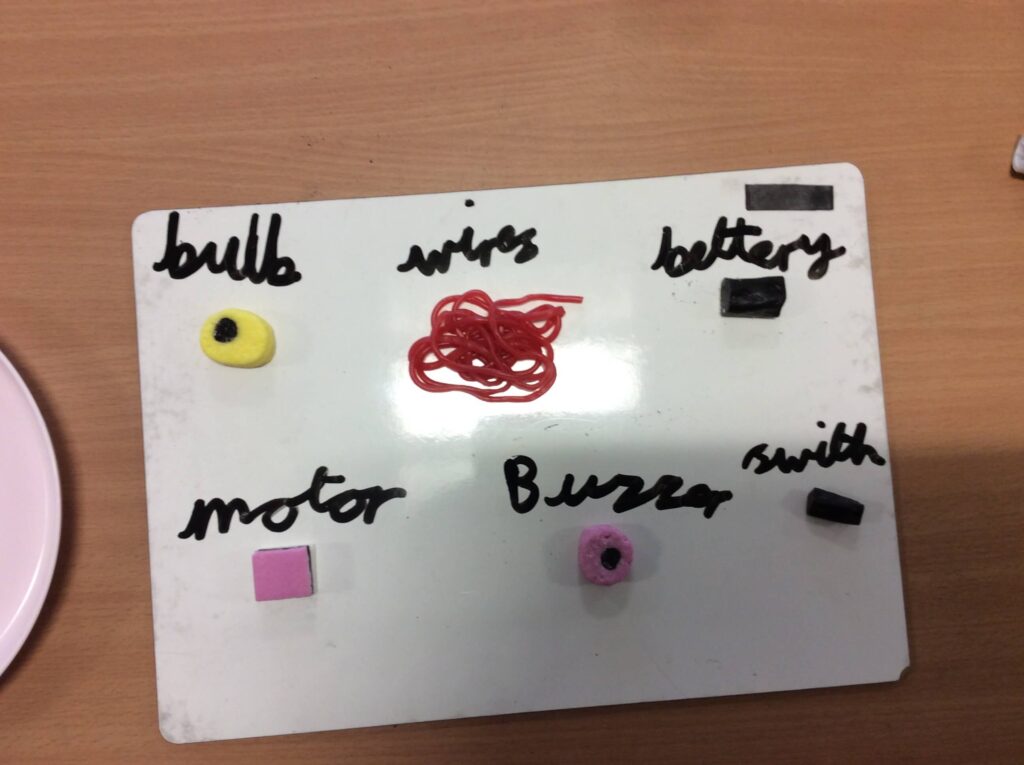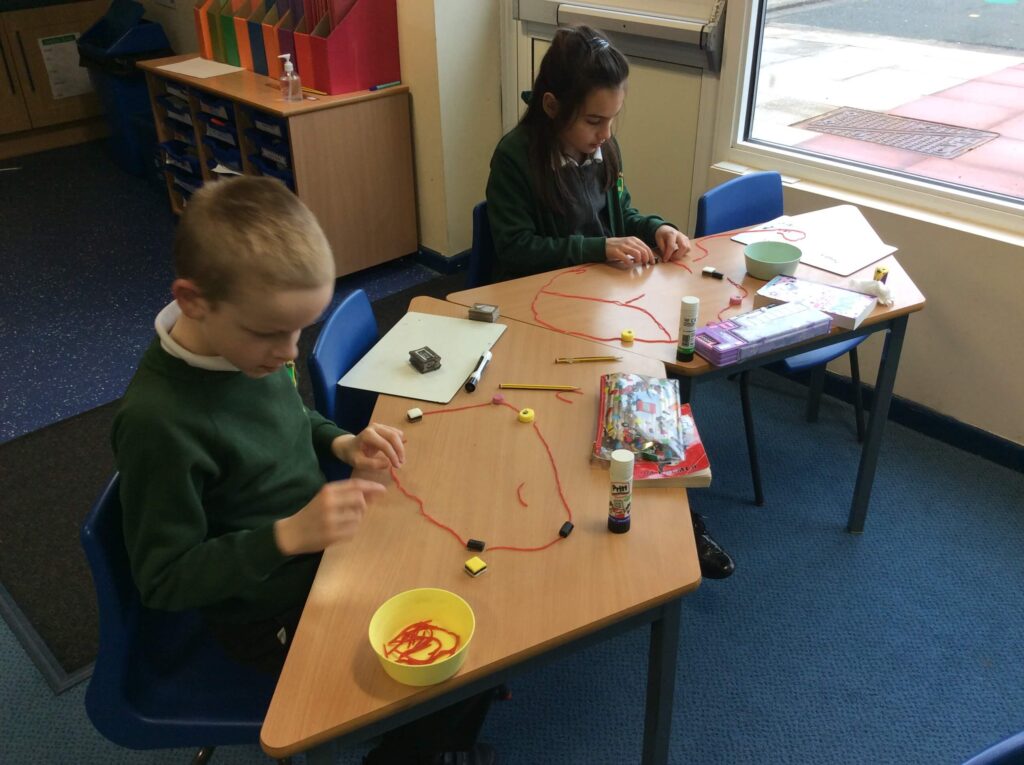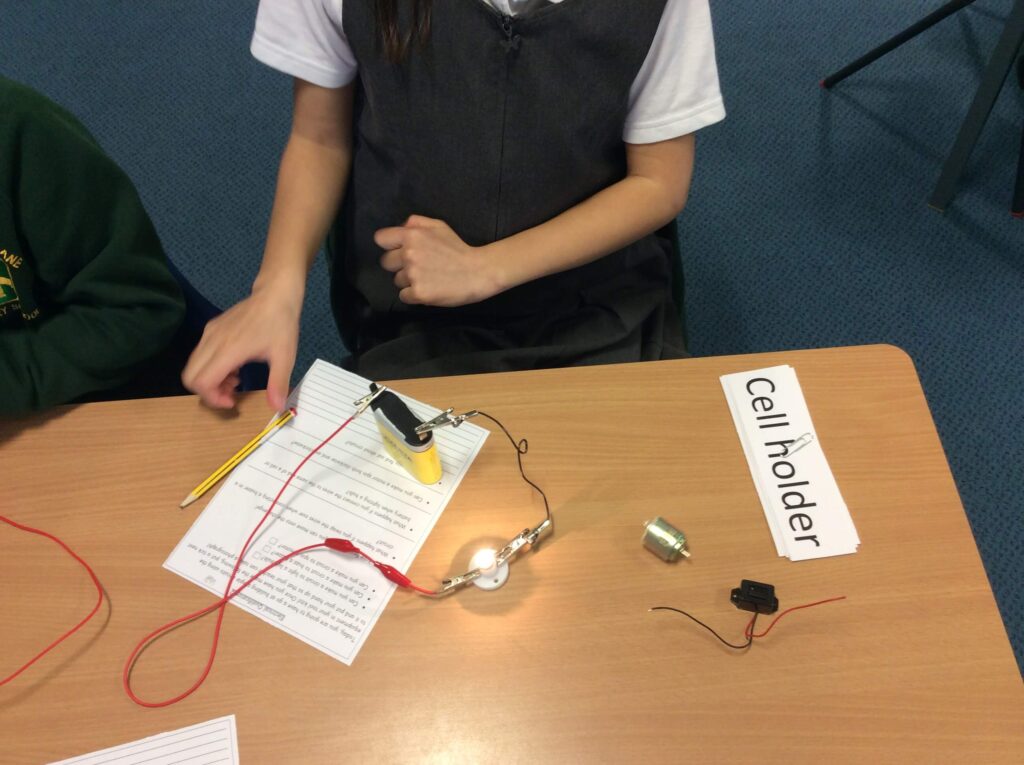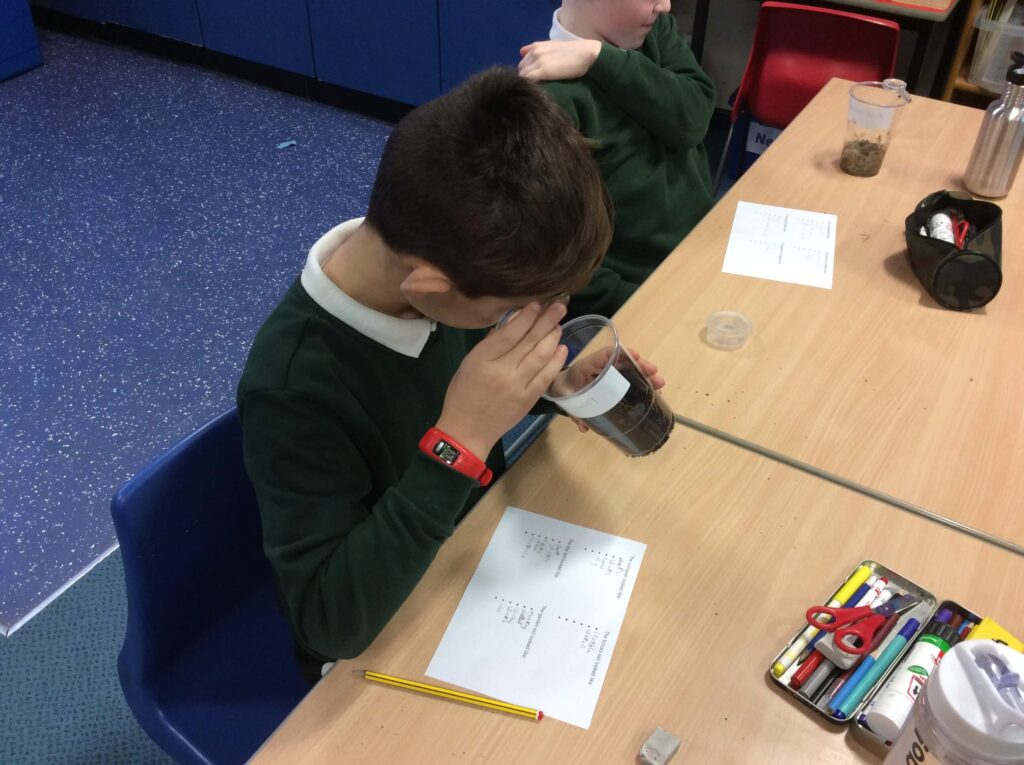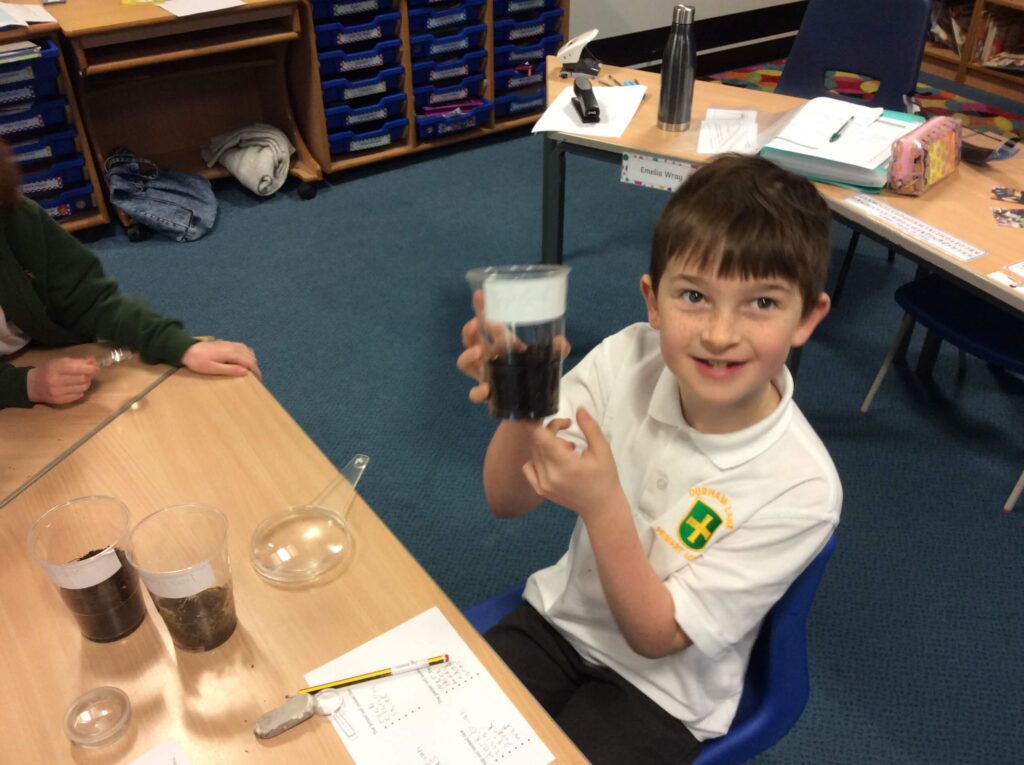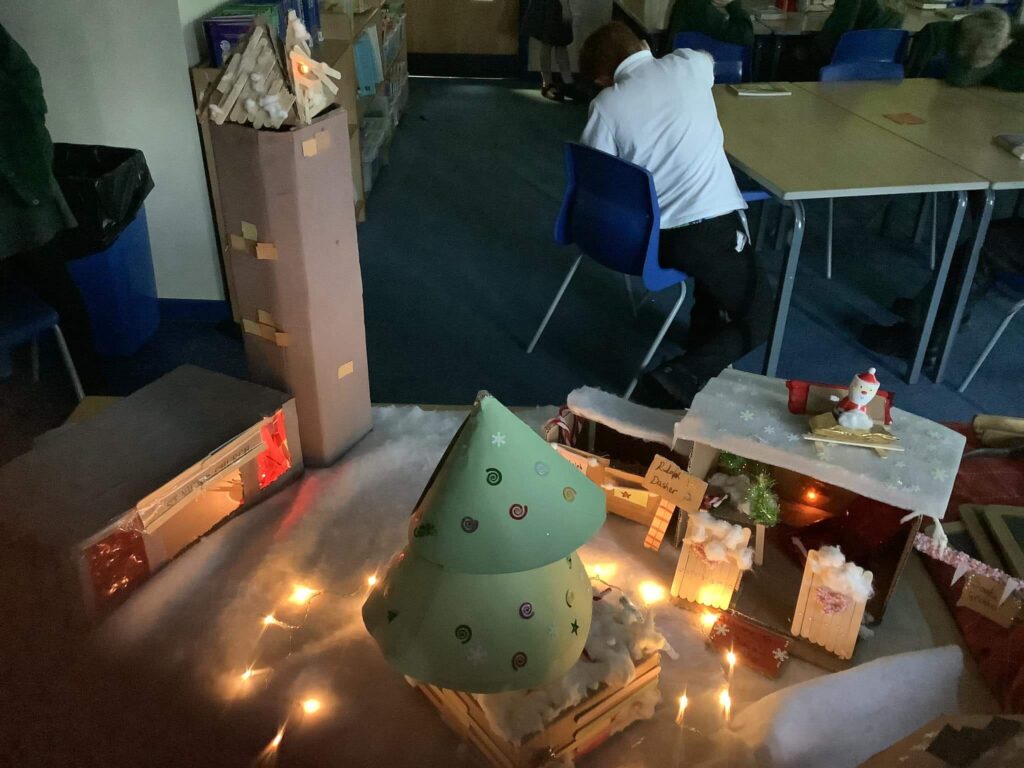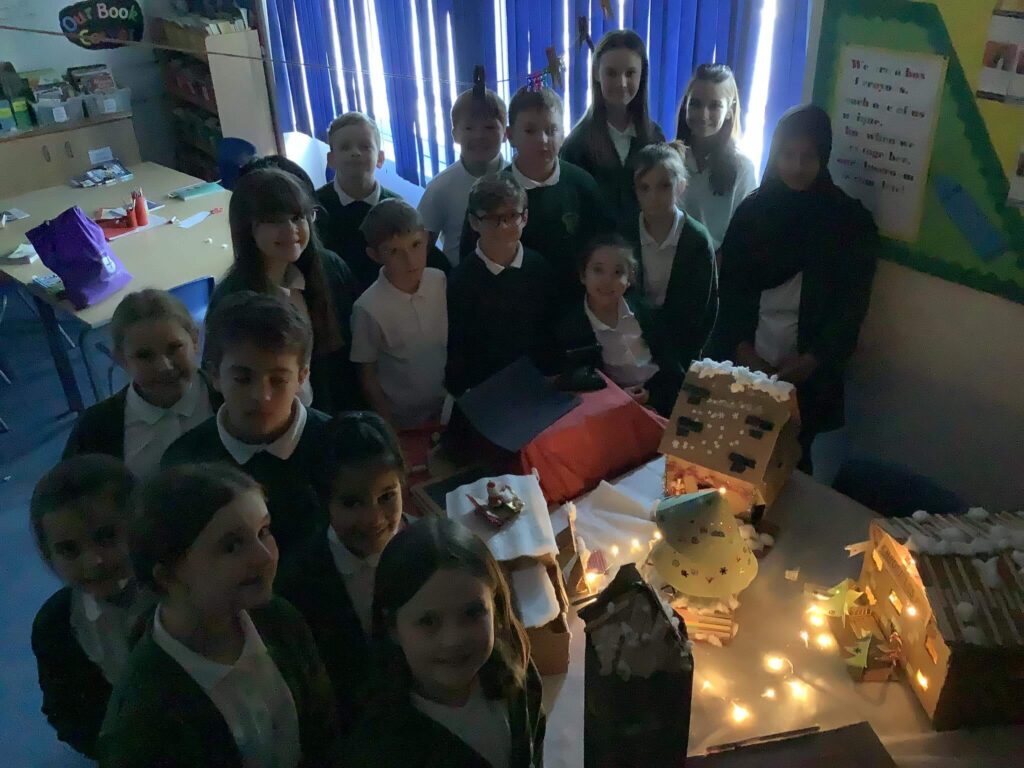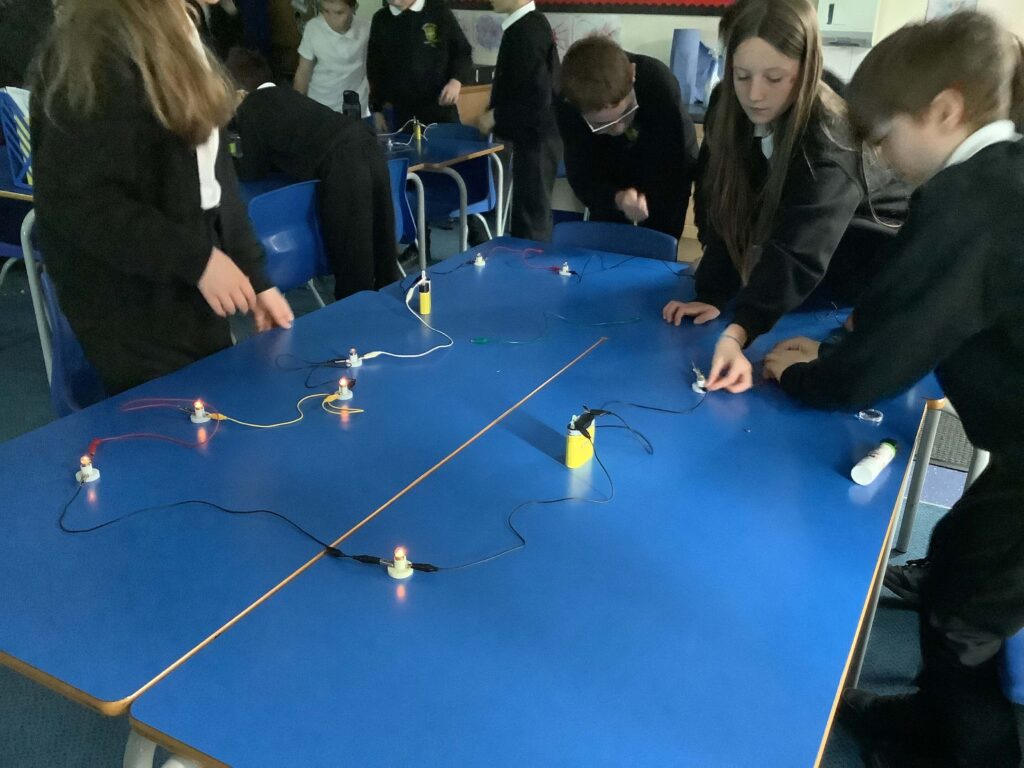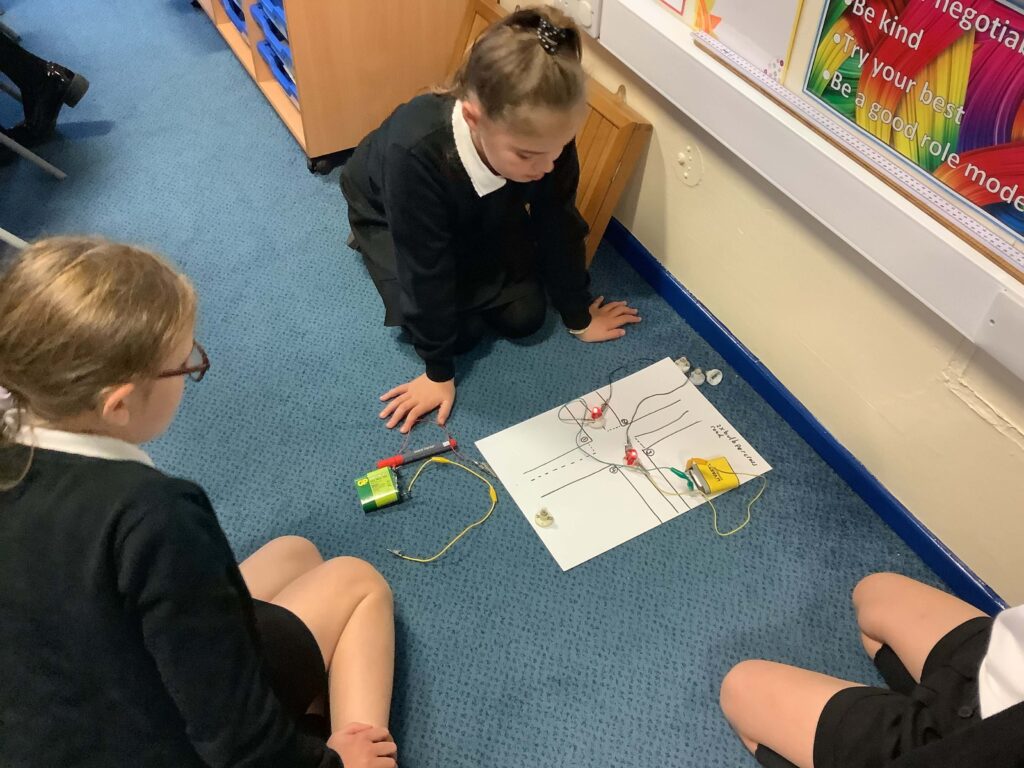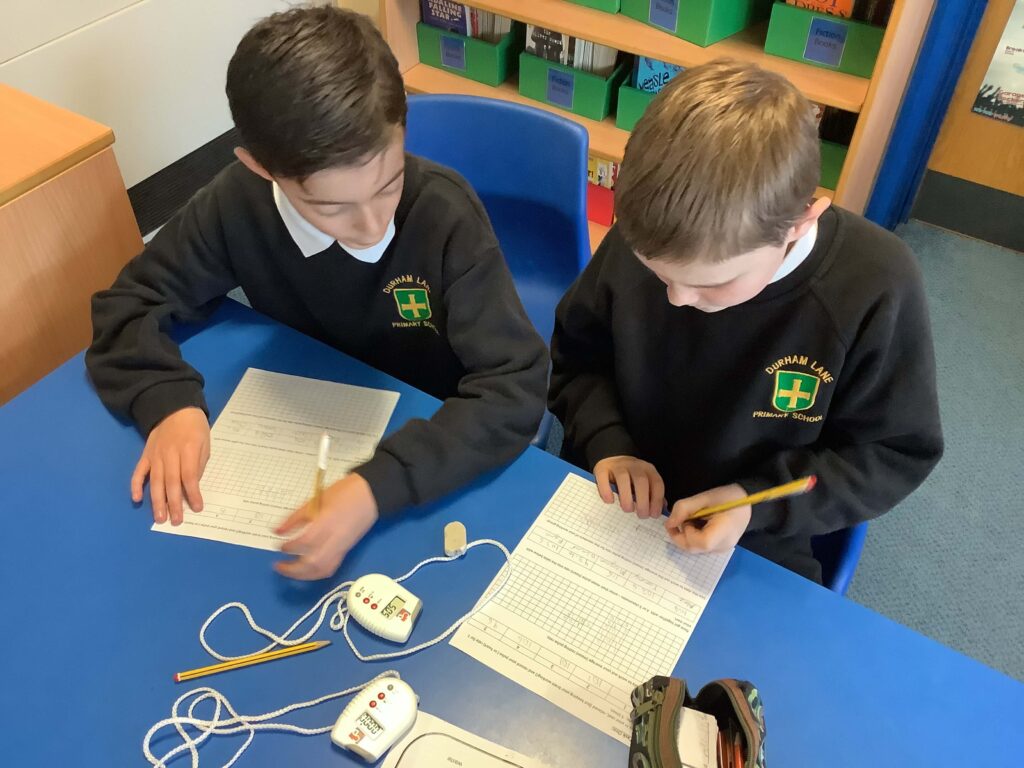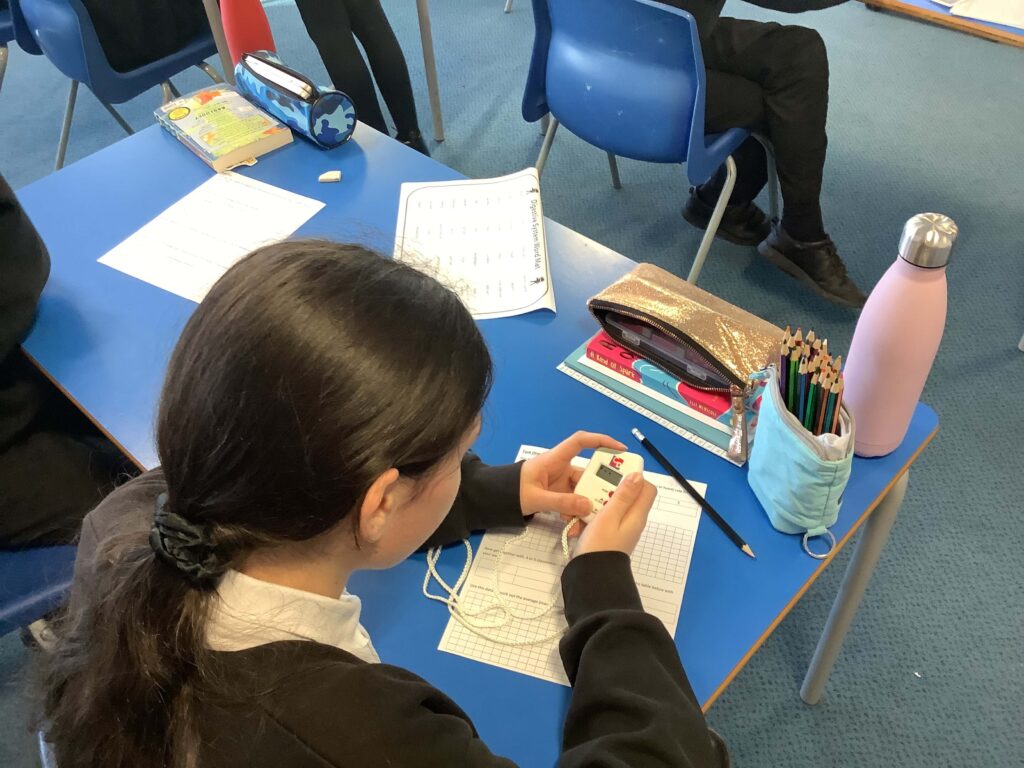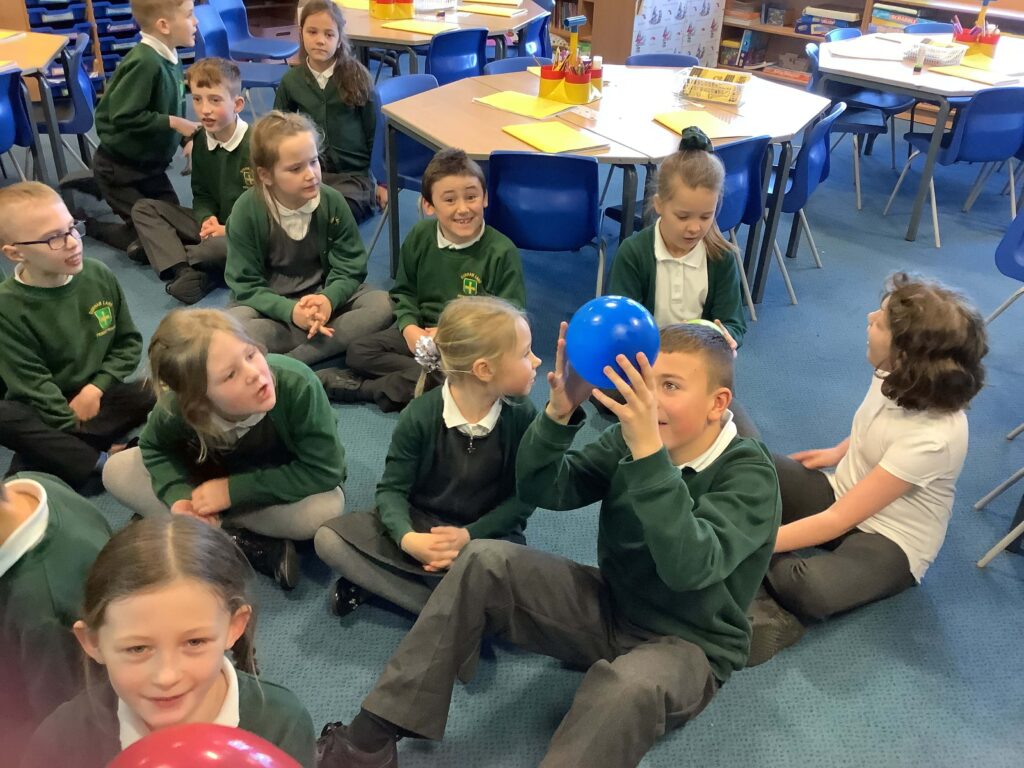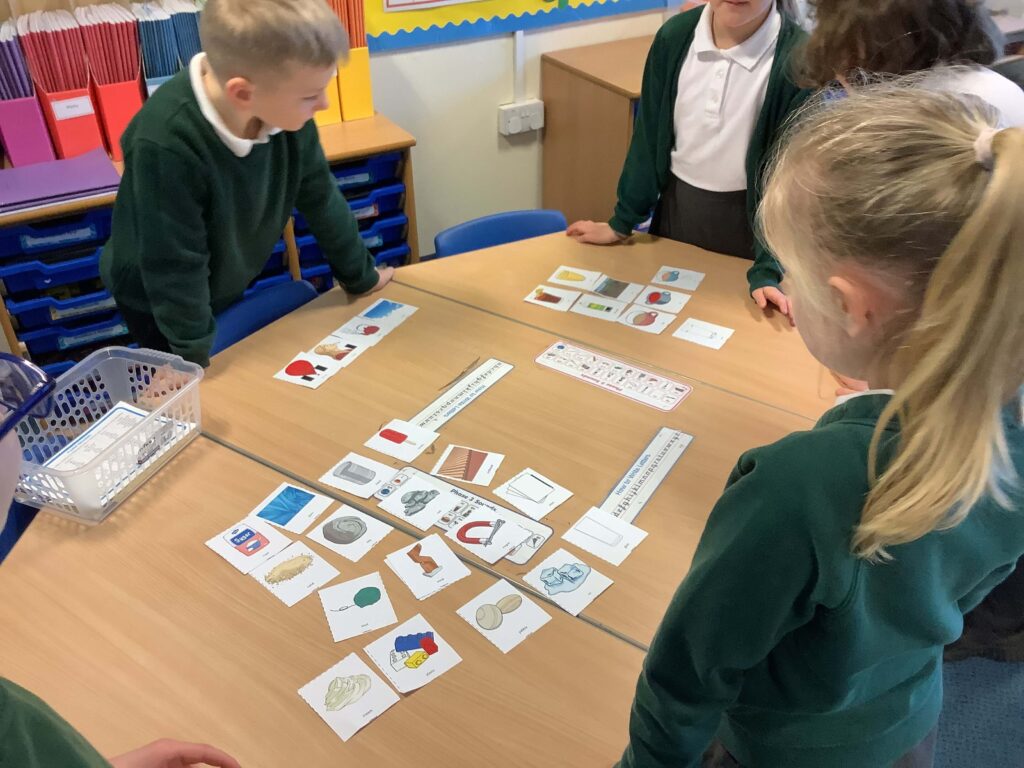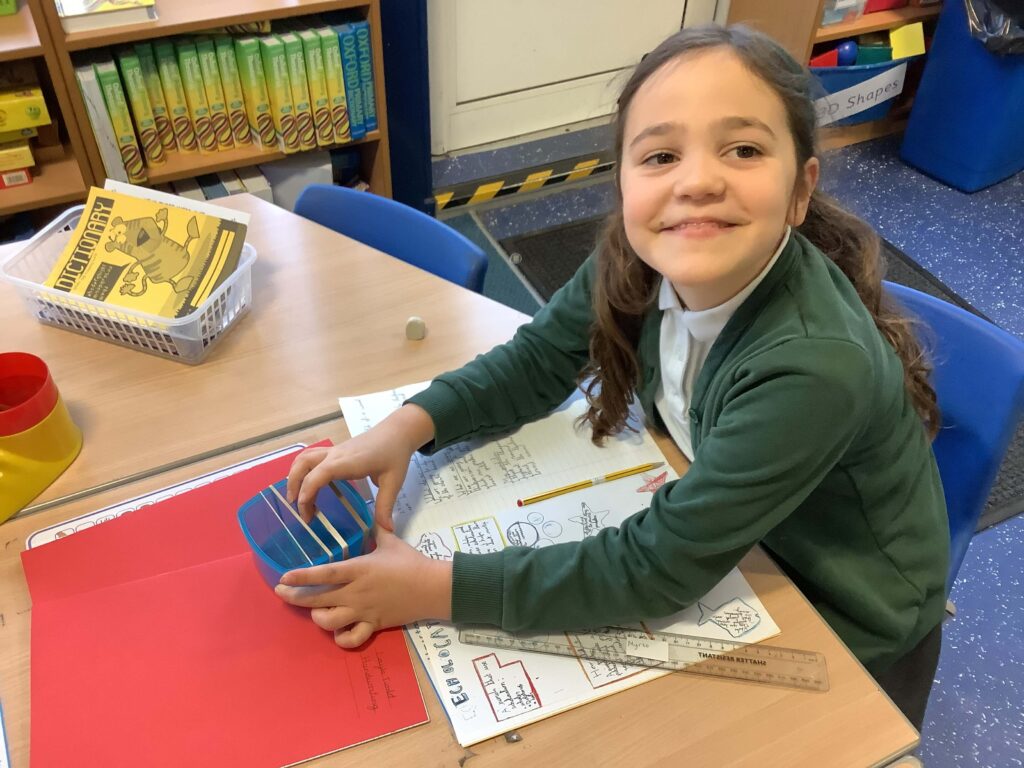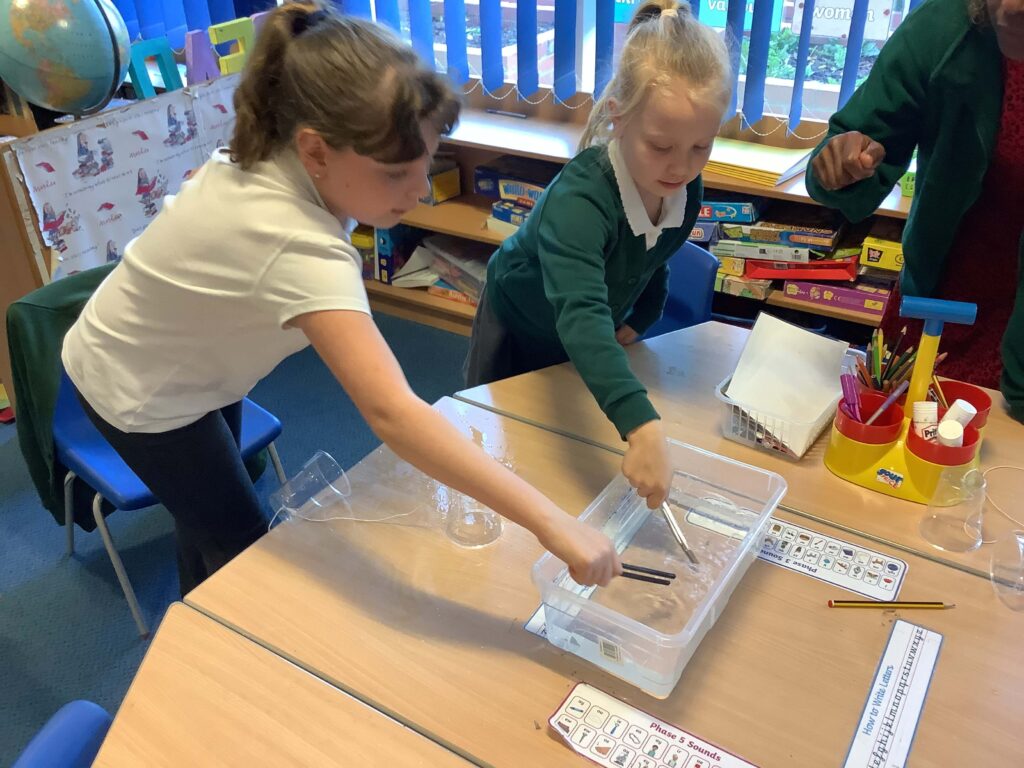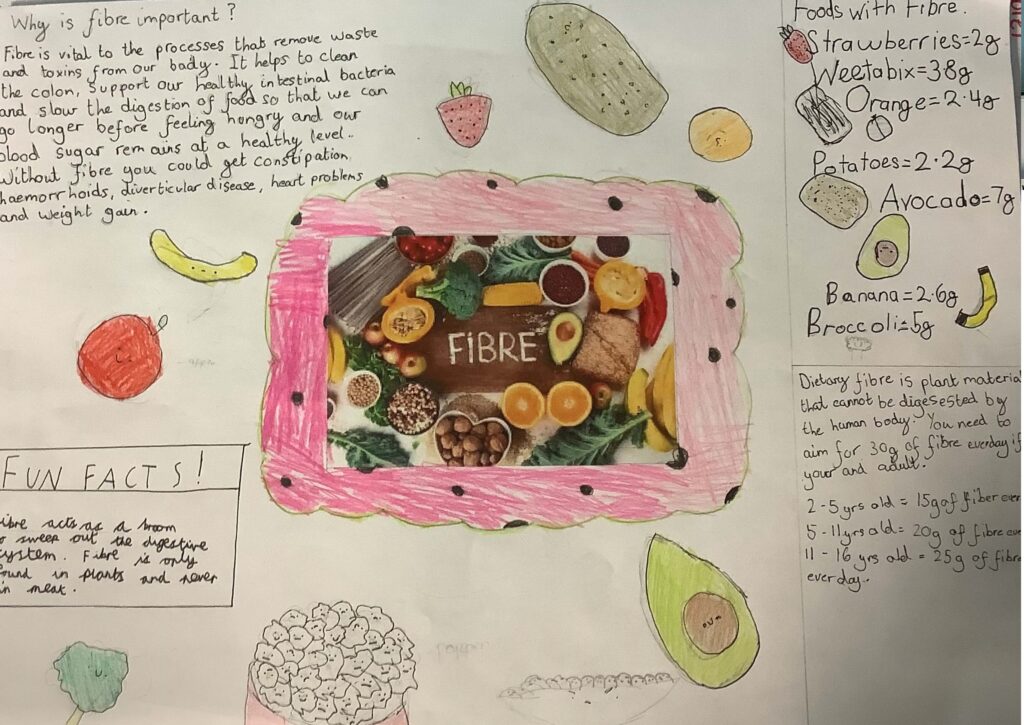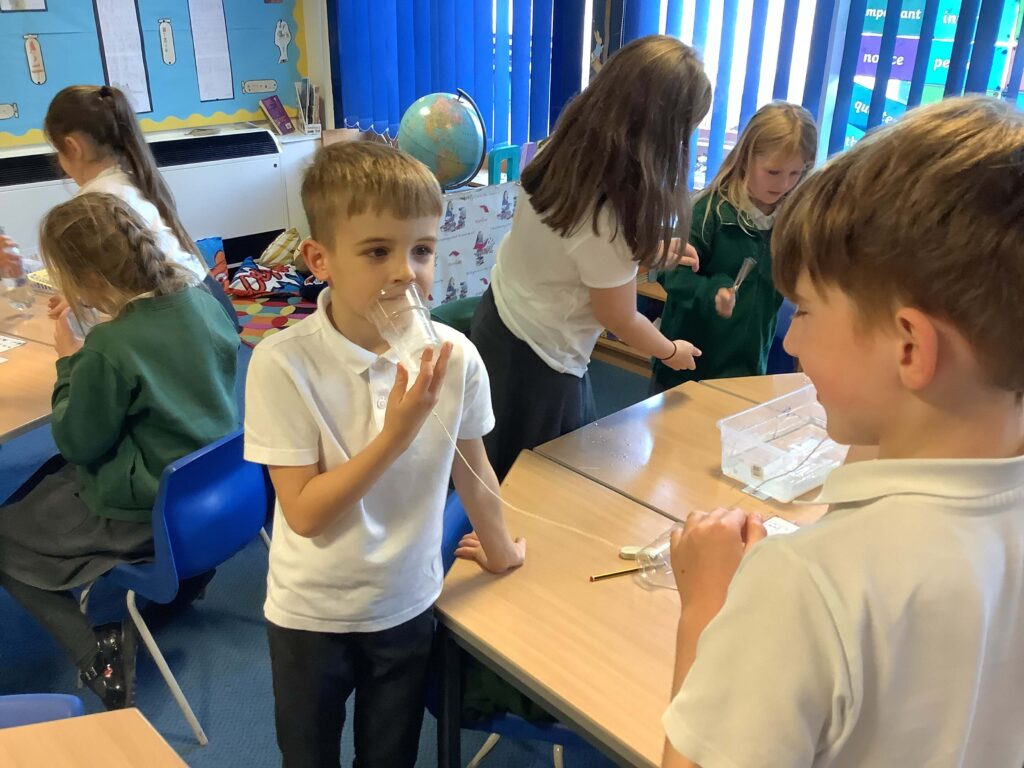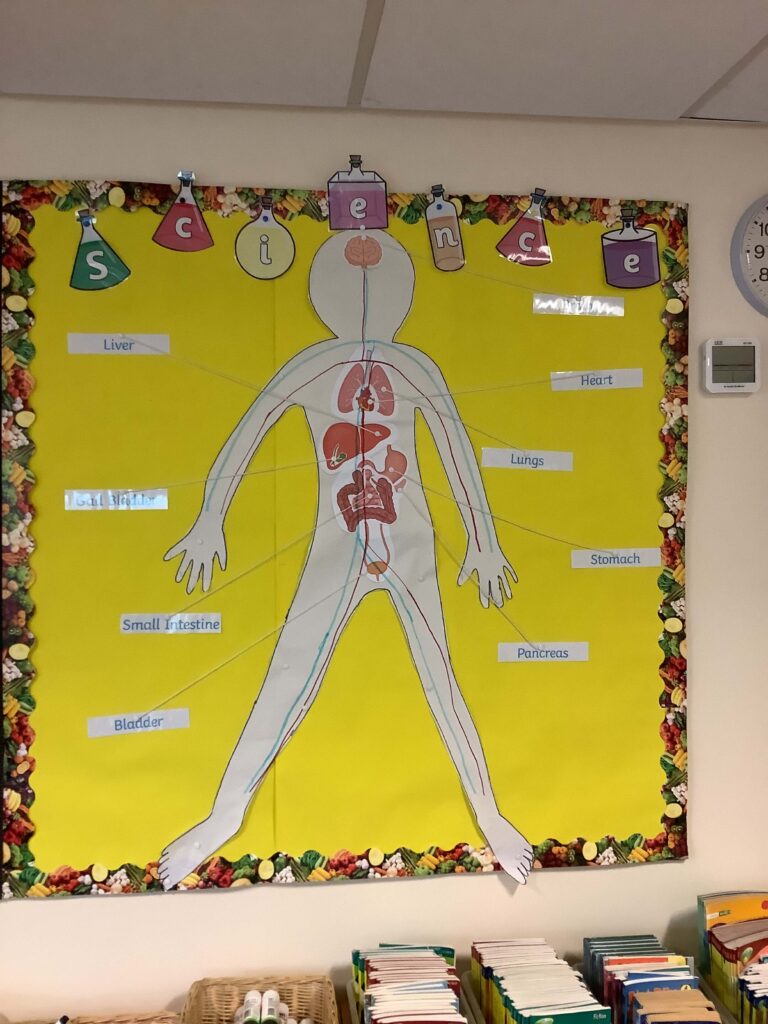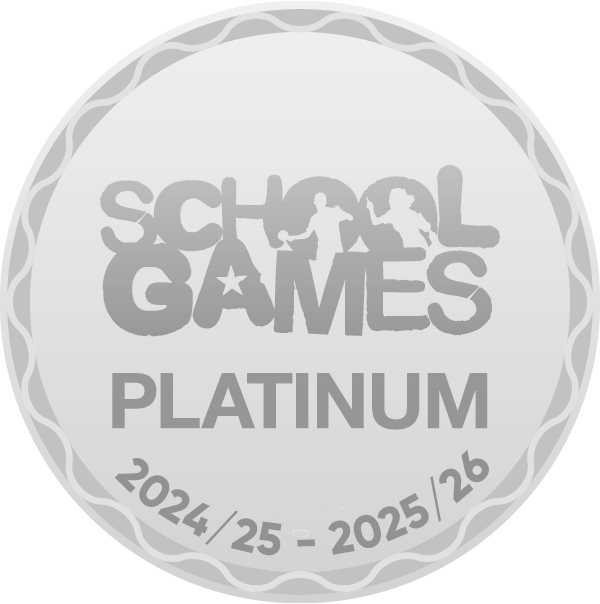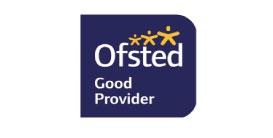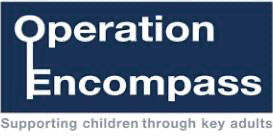Science Intent Statement
Science Subject Leader: Mrs Guest
Intent: What we aim for our children to achieve through our science curriculum.
At Durham Lane Primary School, we have designed our science curriculum to develop a sense of excitement, curiosity and fascination about natural phenomena that will remain with the children for the rest of their lives. We want children to gain an understanding of scientific processes and an awareness of the uses and implications of science, today and for the future. From Nursery to Year 6, our pupils will build a foundation of key knowledge and concepts, as well as develop skills in scientific enquiry and questioning. We actively encourage children to be inquisitive and develop their natural curiosity, whilst increasing pupils’ knowledge and understanding of our world. The aim is for scientific enquiry to form a common thread through the curriculum, helping children to understand that science is just as much about what they do as about what they know.
At Durham Lane, we aim to maximise the opportunities for every child so that they know more, remember more and understand more about science.
Implementation: How we will achieve our aims.
To ensure high standards of teaching and learning in science, we implement a curriculum that is progressive throughout the school. We provide our children with a broad and balanced curriculum that is mainly delivered through a 2-year rolling programme of exciting topics. These encompass the scientific disciplines of biology, chemistry and physics. These topics are revisited and developed throughout school. This allows children to review their prior knowledge, make sure it is secure and build upon it. Knowledge organisers highlight the key concepts which we would like all children to have learnt by the end of the topic. This approach embeds science knowledge and understanding into the long-term memory of learners.
As a school, we aim to create an inquisitive learning environment within classrooms and reinforce an expectation that all children are capable of achieving. Well thought out science lessons focus on thinking, discussing and trying things out thereby encouraging children to work confidently, creatively and independently as inquisitive young scientists.
Our progression of skills in science starts in Understanding the World in the Early Years and ends in Upper Key Stage 2. It progresses through the following areas of skill:
- Asking Questions & Planning Enquiries;
- Testing, Measuring & Recording;
- Concluding;
- Evaluating.
For an outline of topics featuring science objectives taught across Early Years, Key Stage 1 and Key Stage 2, please refer to the curriculum planning on the website.
We enrich our children’s lessons using outdoor learning, educational visits, expert science visitors, a STEM club, inter-school science days, scientific resources, books and the internet. Science specific displays are put up in each class that showcase children’s work and highlight vocabulary.
We aim to encourage the children to become successful scientists by developing:
- A genuine fascination in science and a real sense of curiosity about the world;
- An excellent knowledge and understanding of key scientific concepts in biology, physics and chemistry;
- Progressive, specialist scientific vocabulary which is appropriate and accurate and which develops from EYFS to KS1 and through to KS2;
- Confidence in asking questions, thinking of ways to answer them and research skills;
- Independence, resilience and creativity in problem solving;
- Ability to plan and carry out different types of investigation;
- Ability to use scientific equipment appropriately and take accurate measurements;
- Application of science skills in different scenarios;
- Effective analysis of evidence , the ability to draw conclusions , explain reasons and evaluate;
- Communication skills in order to record and present scientific ideas and understanding to a range of audiences.
Impact: How we know we have achieved our aims.
Our high quality science curriculum is well thought out and is planned to demonstrate progression. Its impact is measured by:
- Thinking Skills activities
- Comparing what children knew at the start of the topic to what they know at the end. KWL grids and mind maps. After the topic has been taught, we ask children to add what they have now learnt using a different coloured pen. This allows us to see how much the children have remembered and how much progress they have made.
- Summative assessment of pupils’ skills (termly data is put on our Insight tracking system and is analysed by the subject leader);
- Images and videos of the children’s practical learning;
- Discussions with pupils about their learning (pupil voice);
- Lesson observations and feedback given by subject leader
- Annual reporting to parents about their child’s achievement and effort within science;
- Children are questioned about their current and previous learning;
- Children are encouraged to question each other and discuss their knowledge whilst completing their scientific learning;
- Displays of children’s work are in classrooms and around school, celebrating learning and demonstrating progression across the school;
- We celebrate outstanding science by using stickers and stamps.
Science in Early Years Foundation Stage
Science in Key Stage One
Science in Key Stage Two


